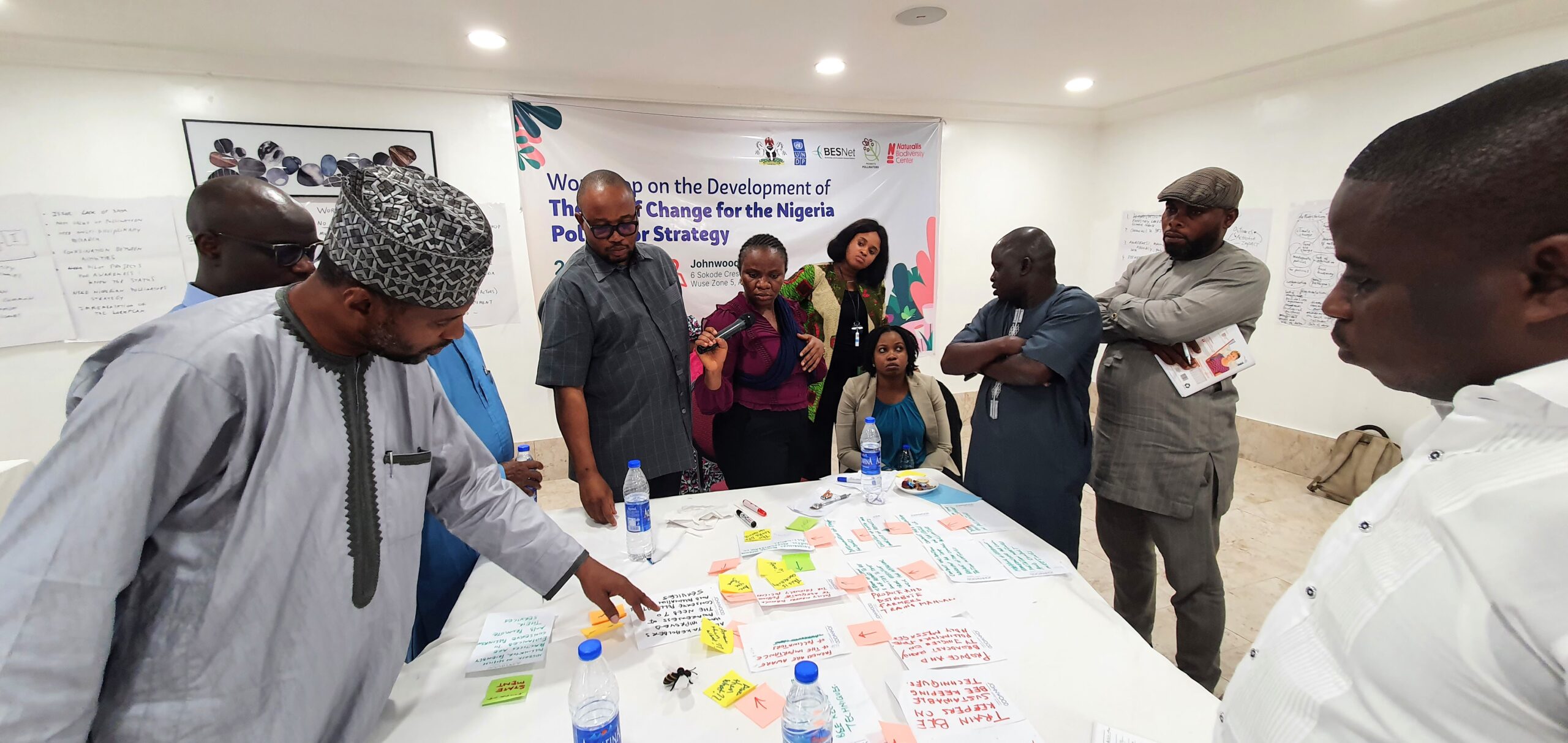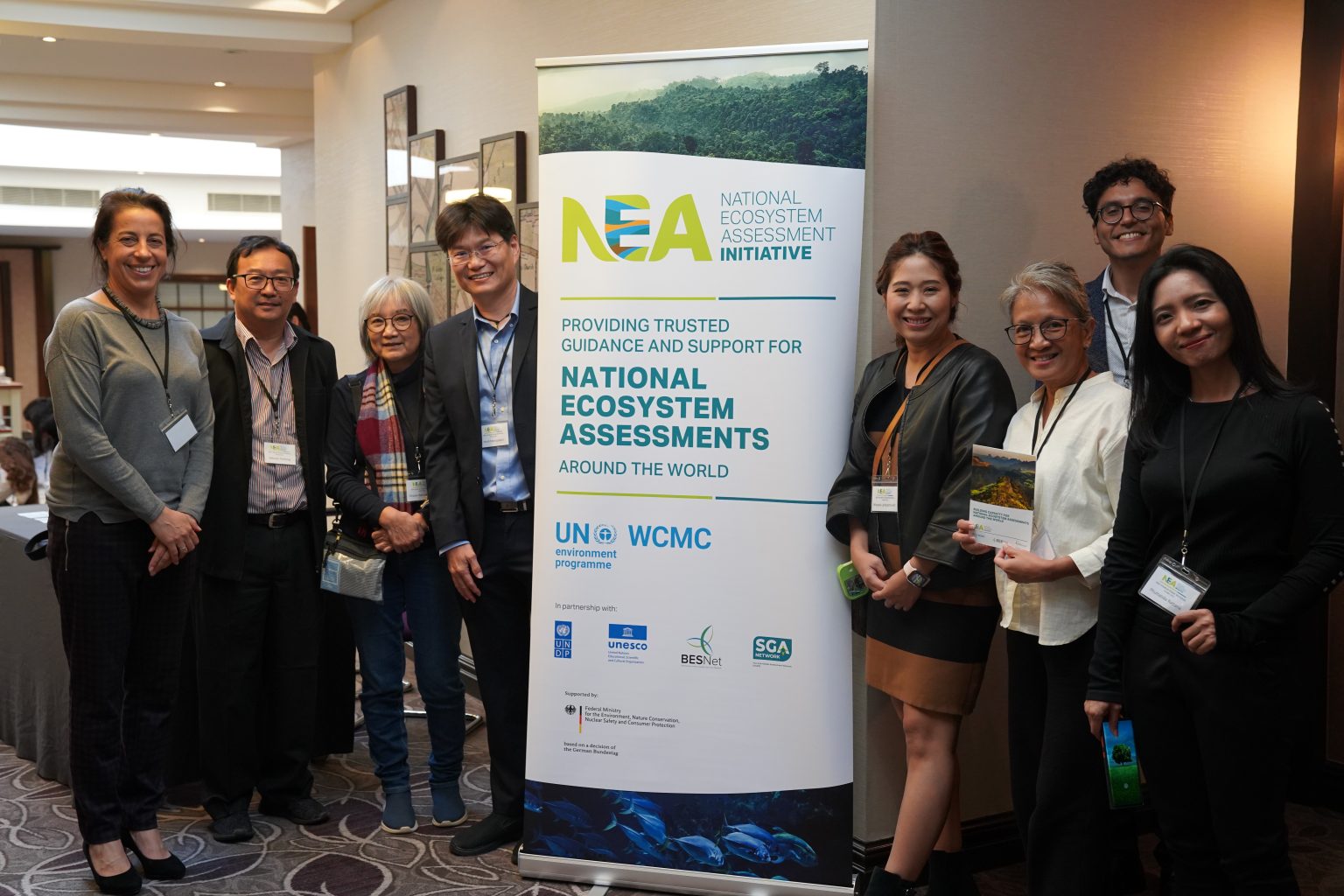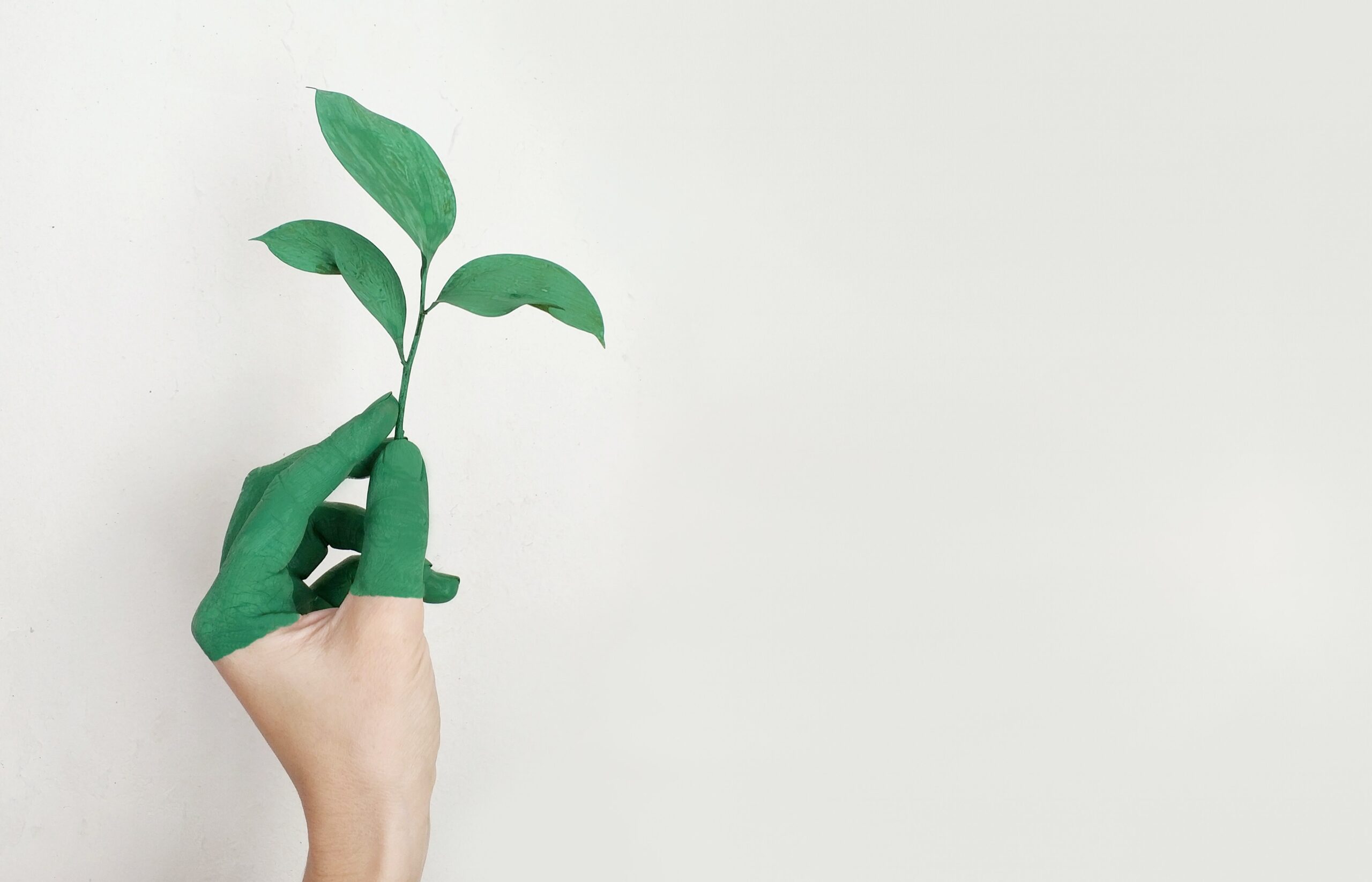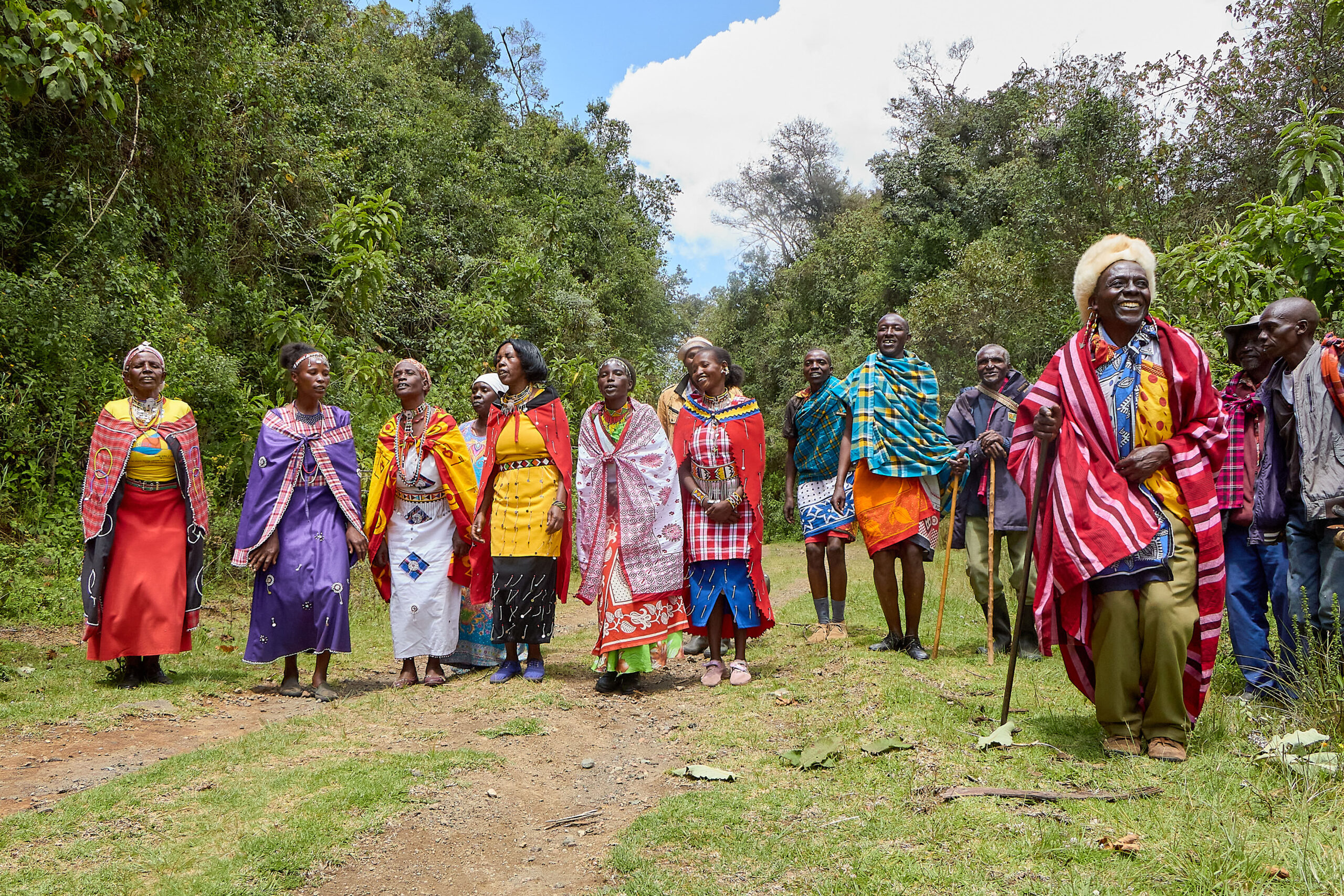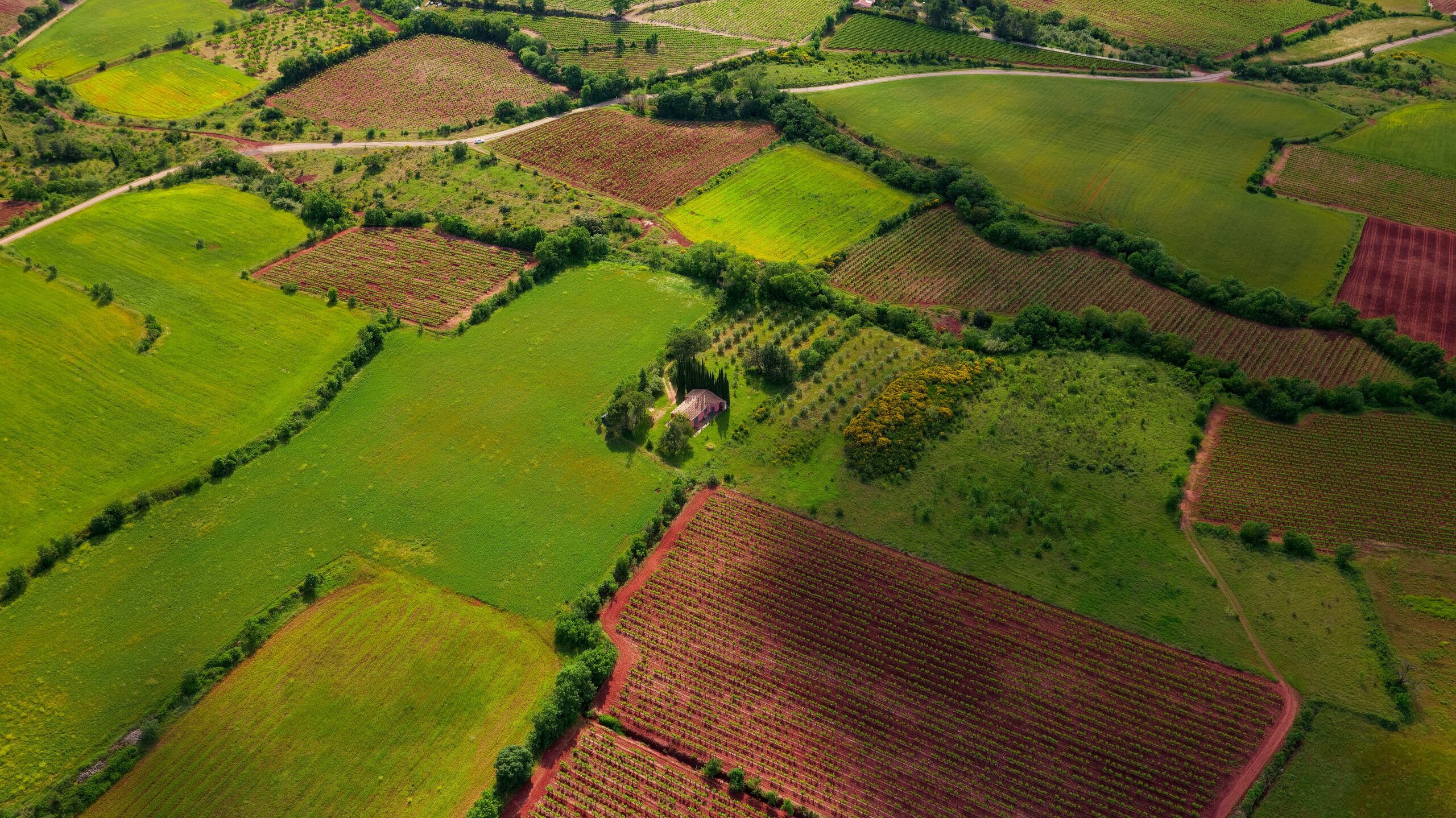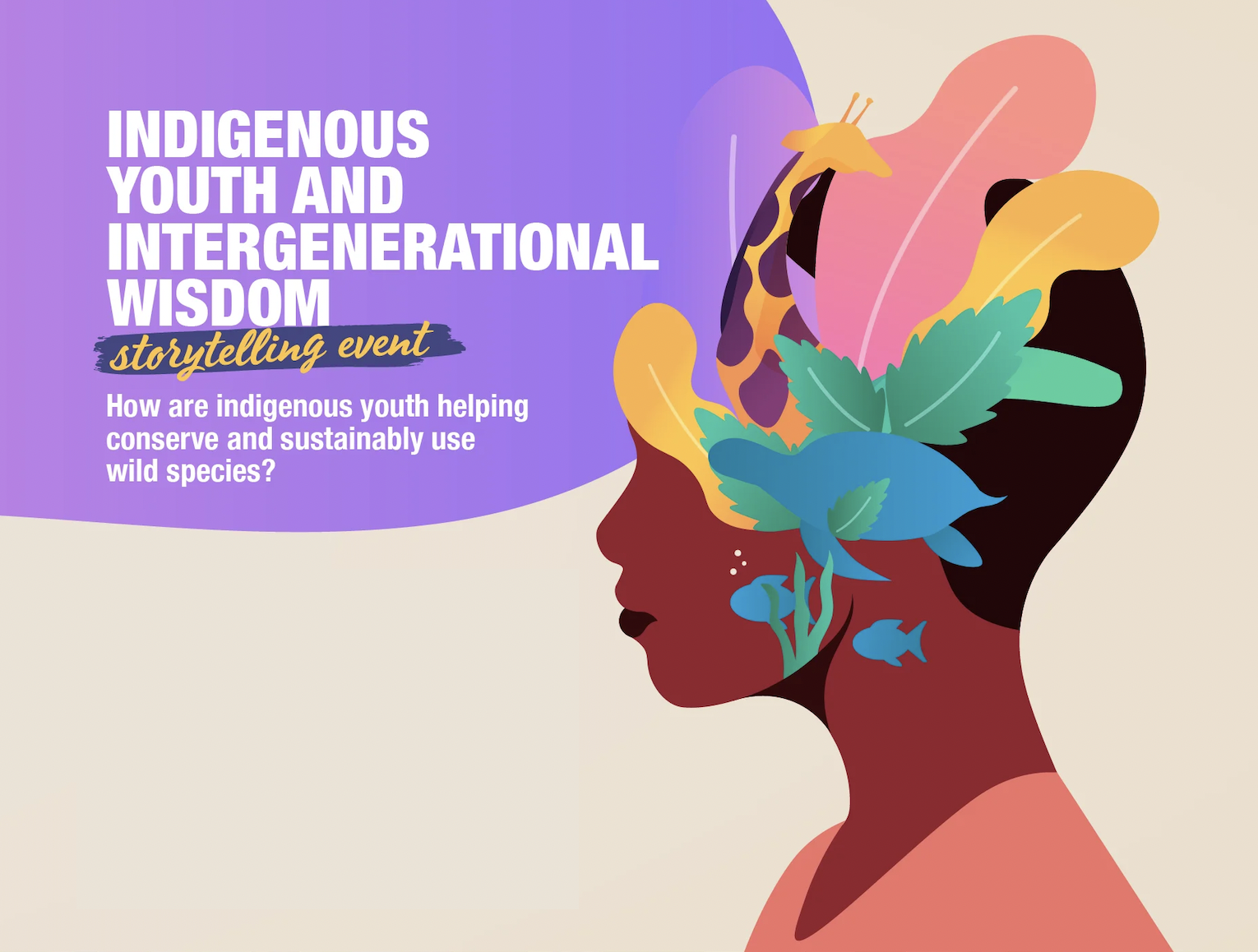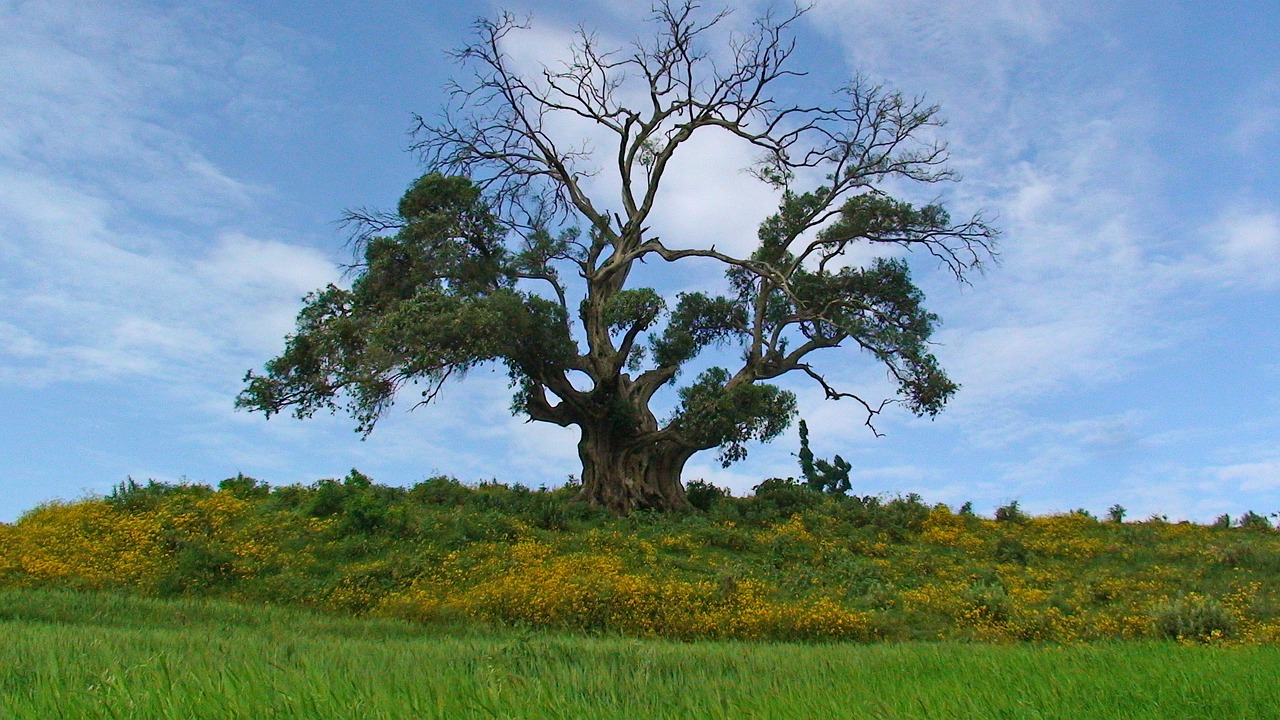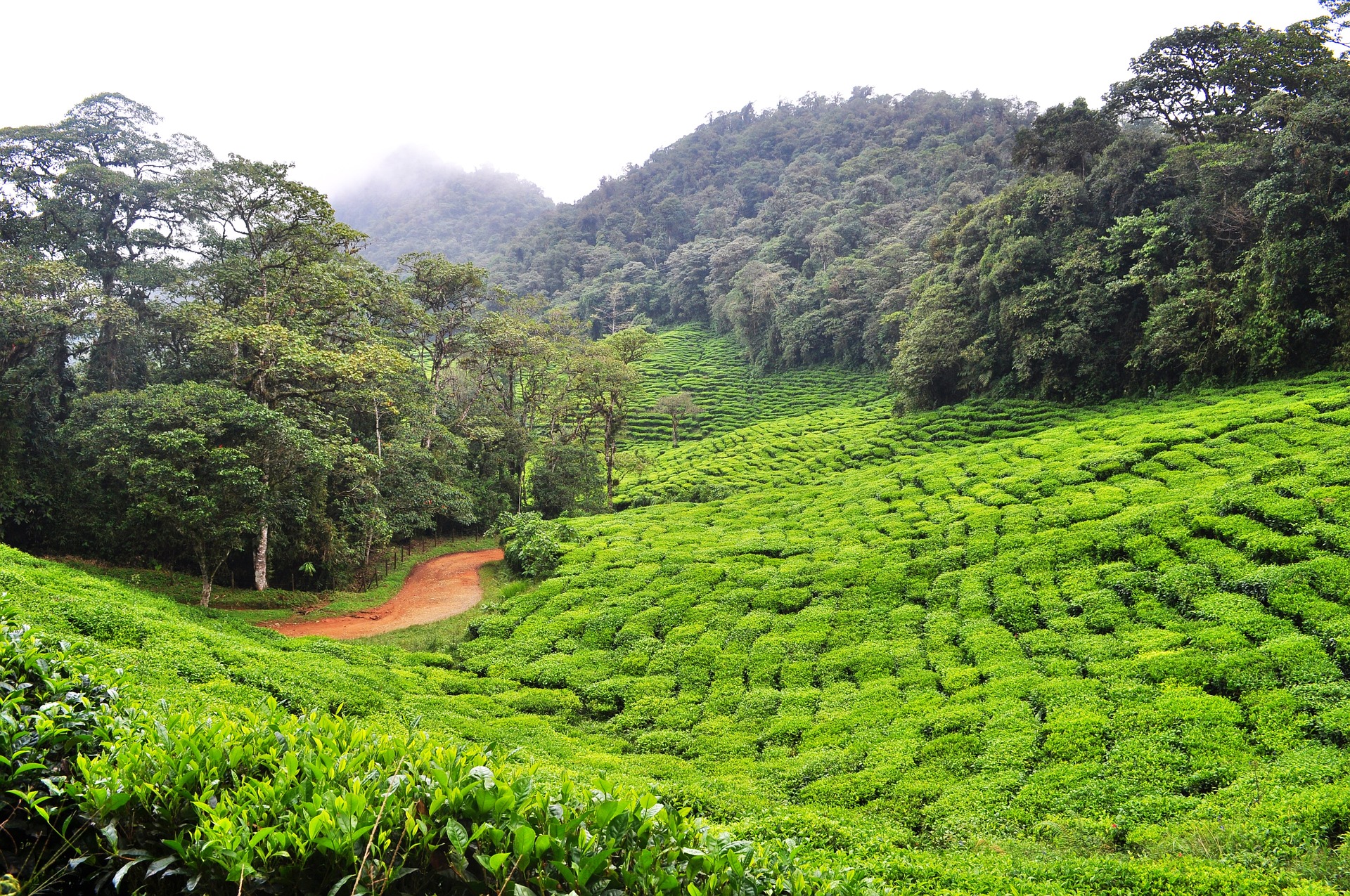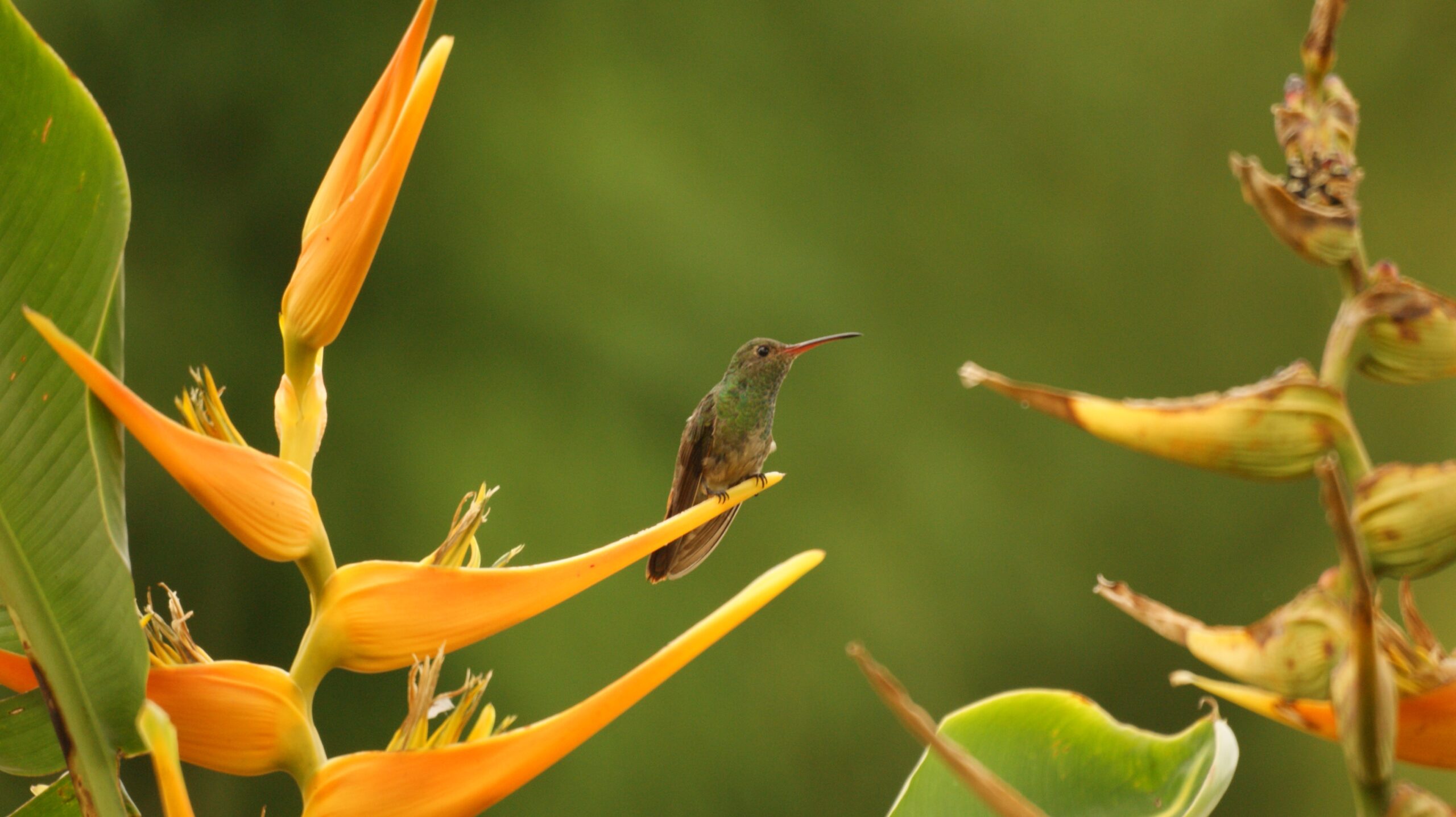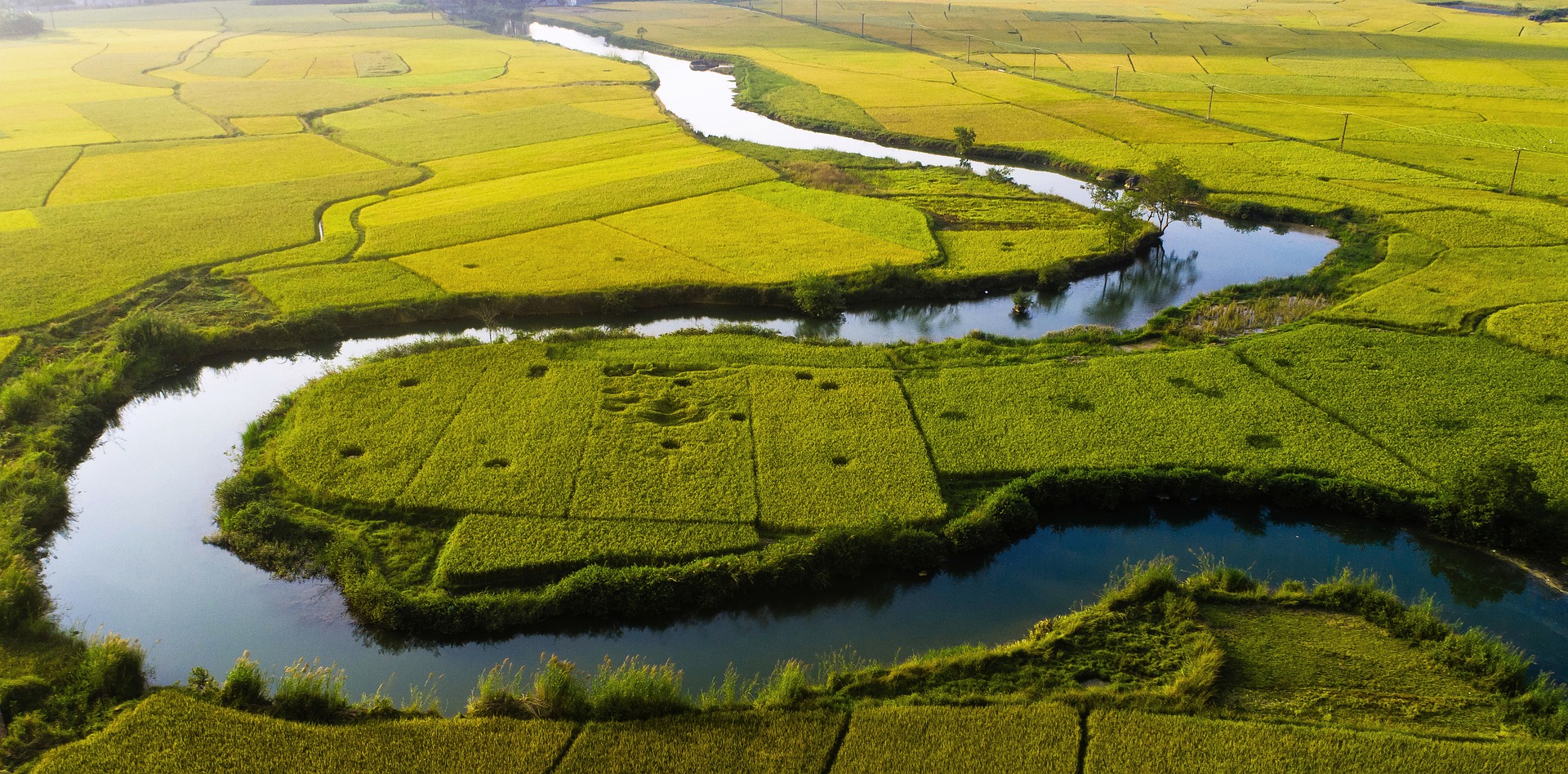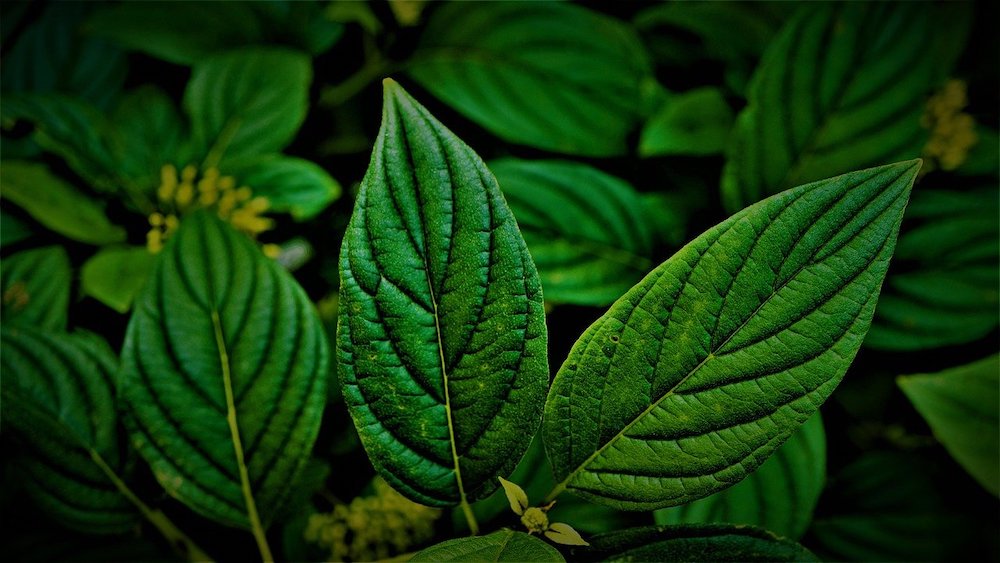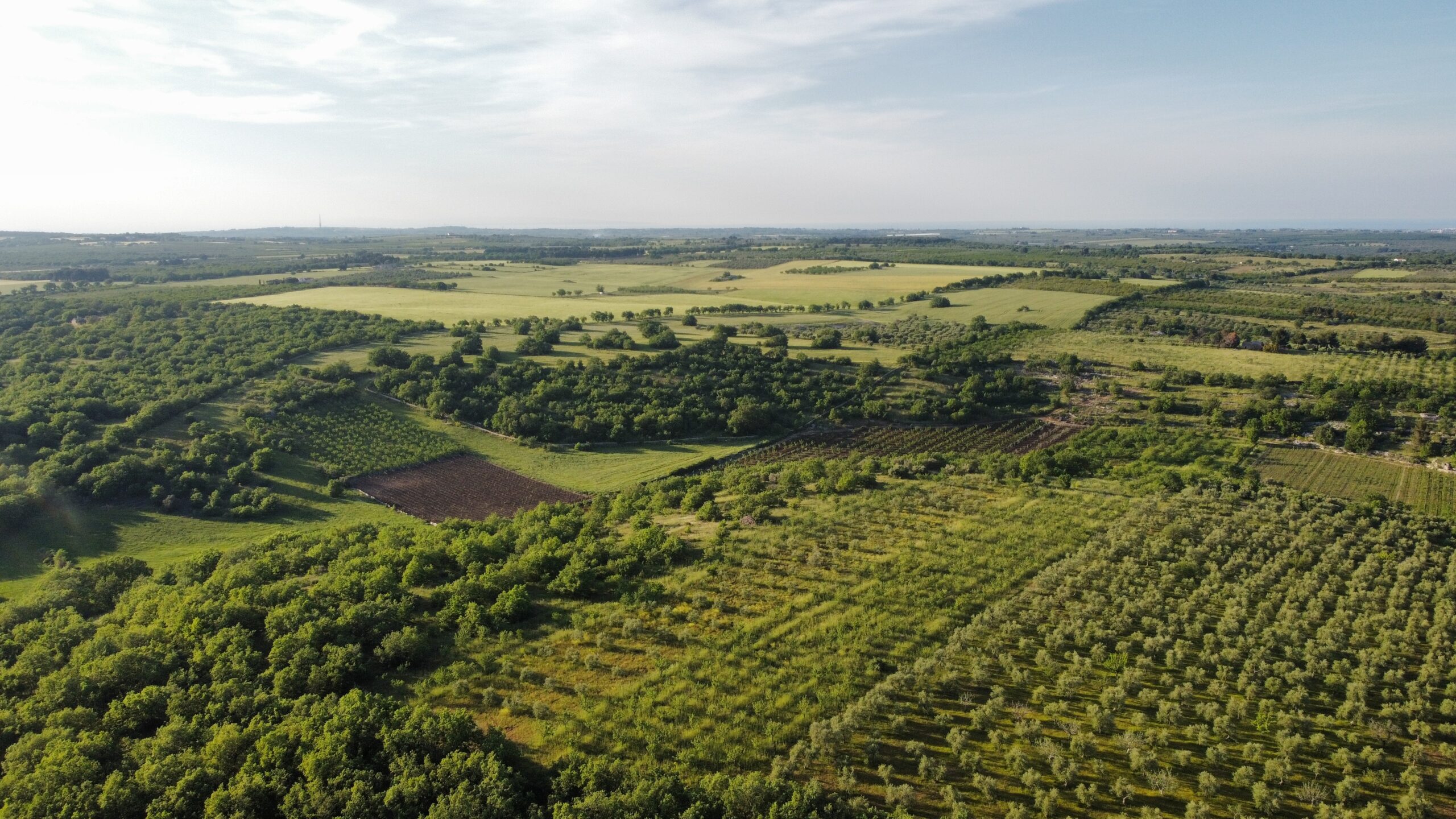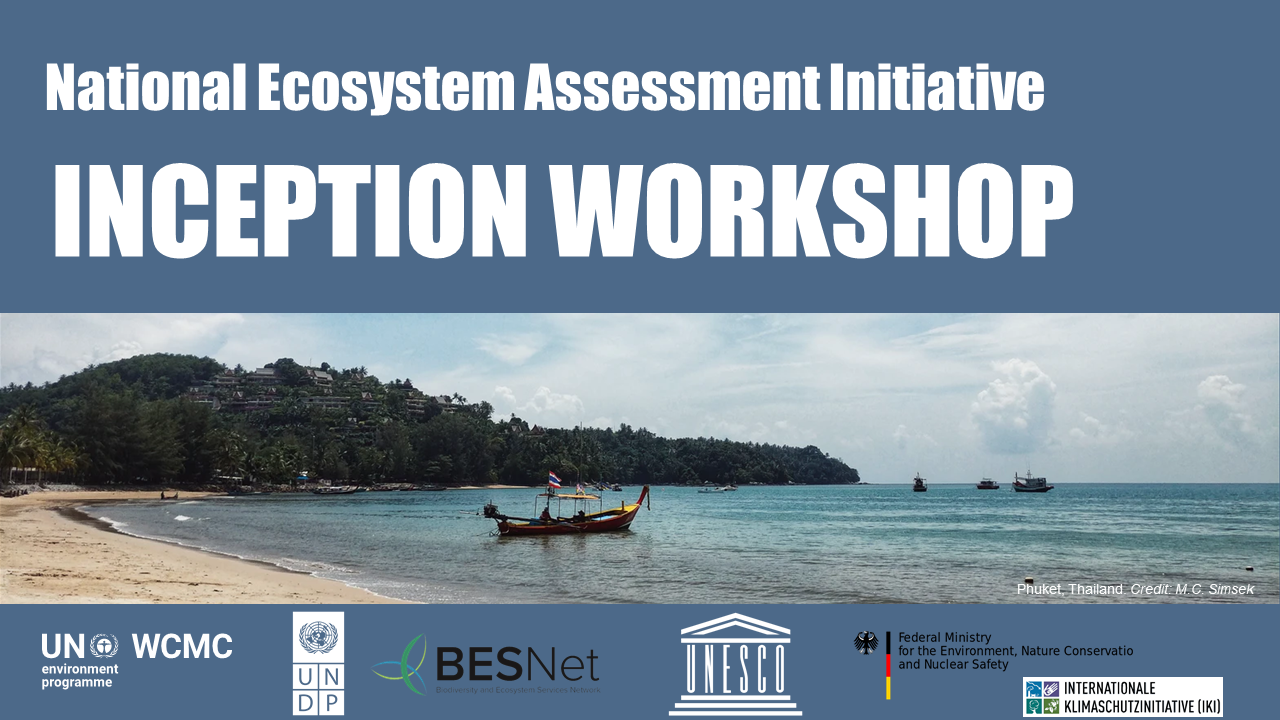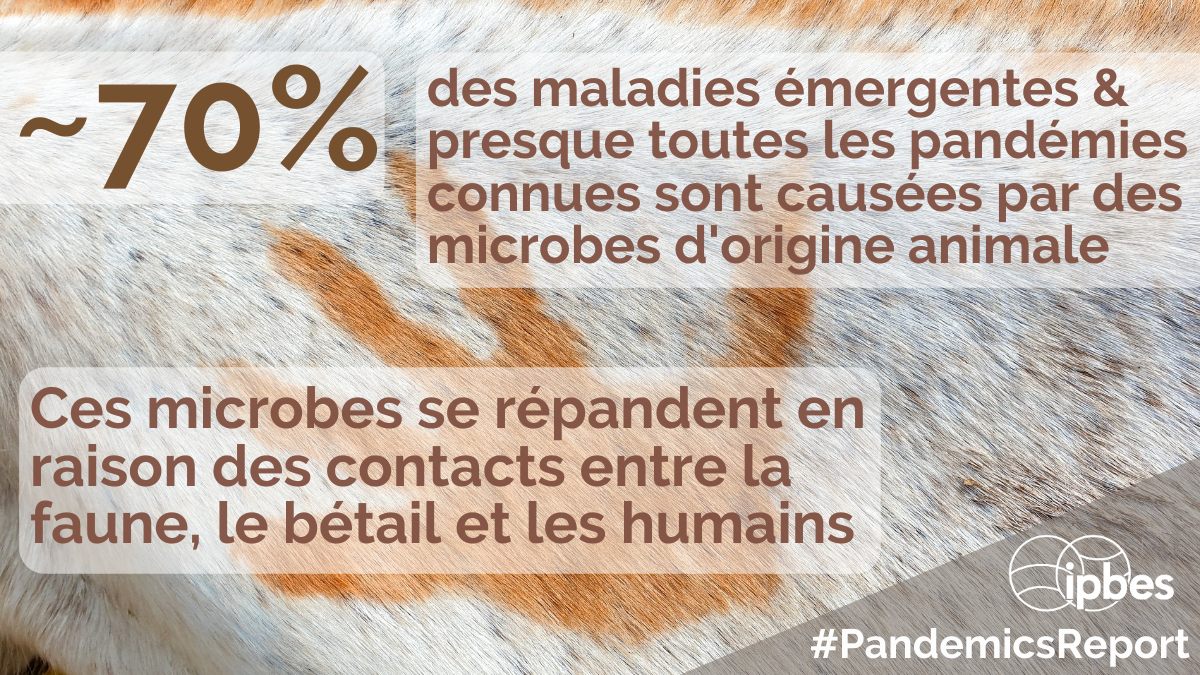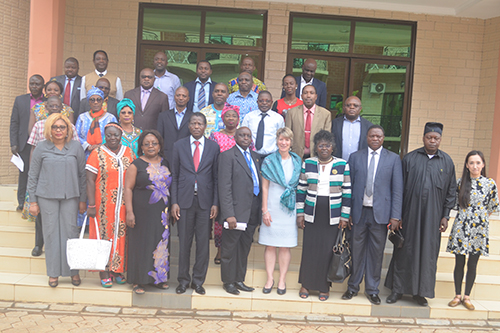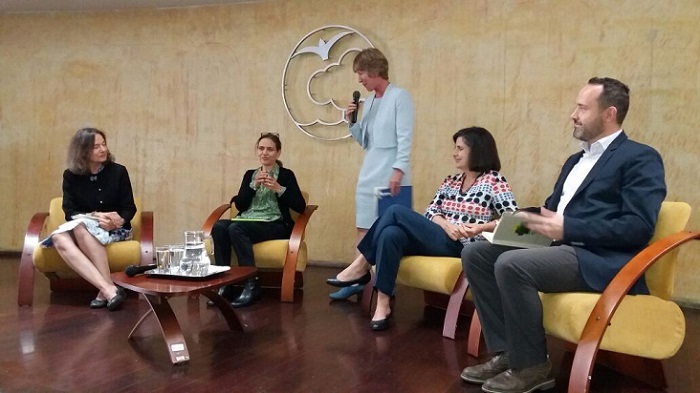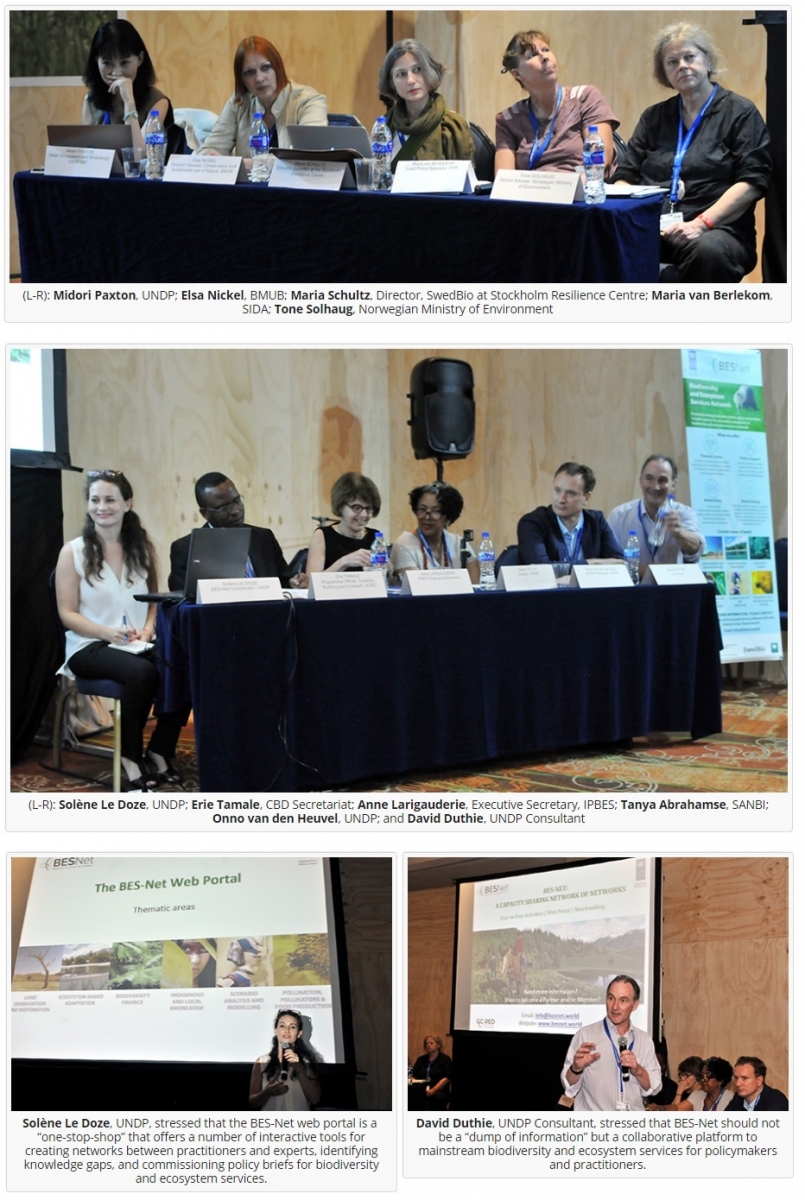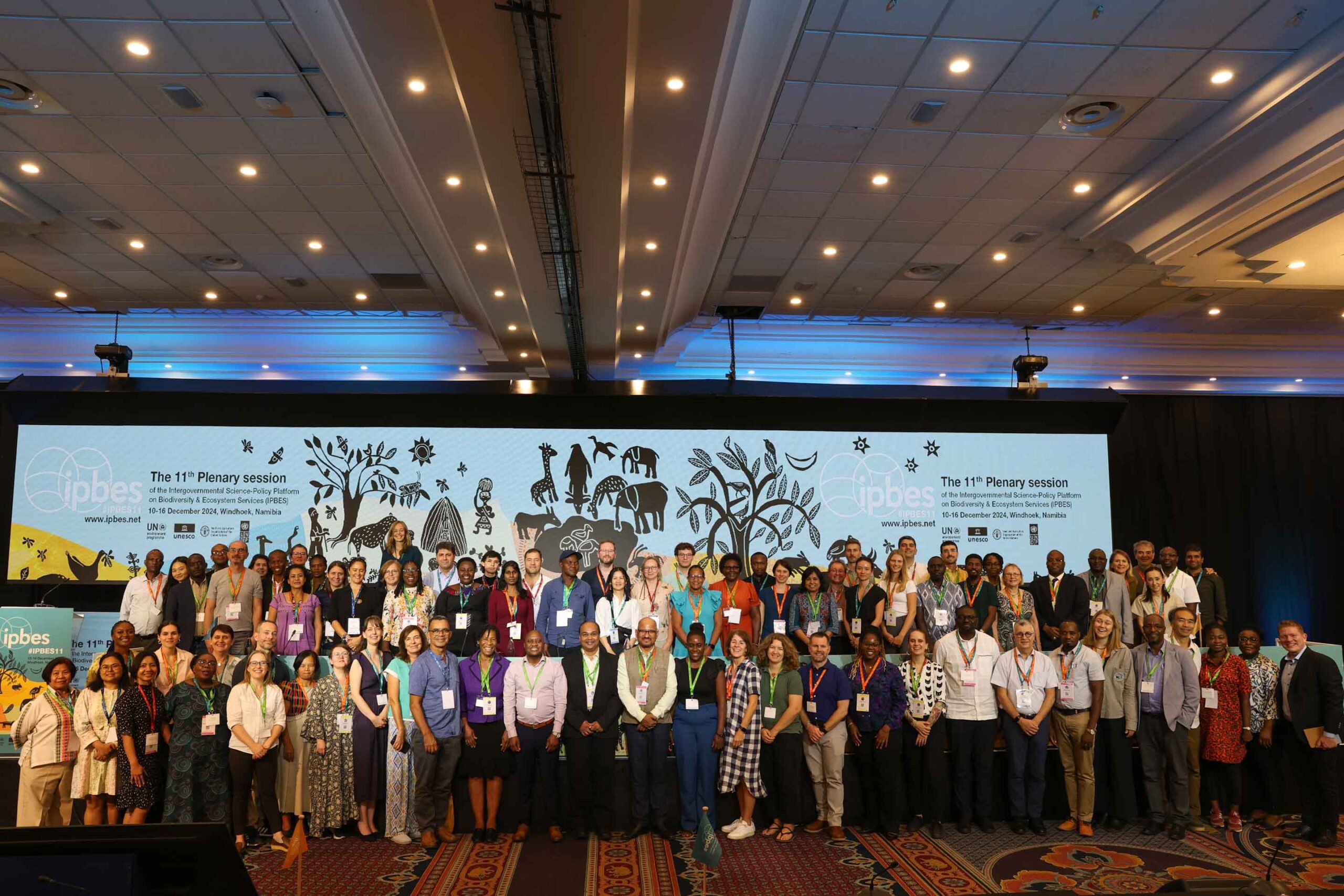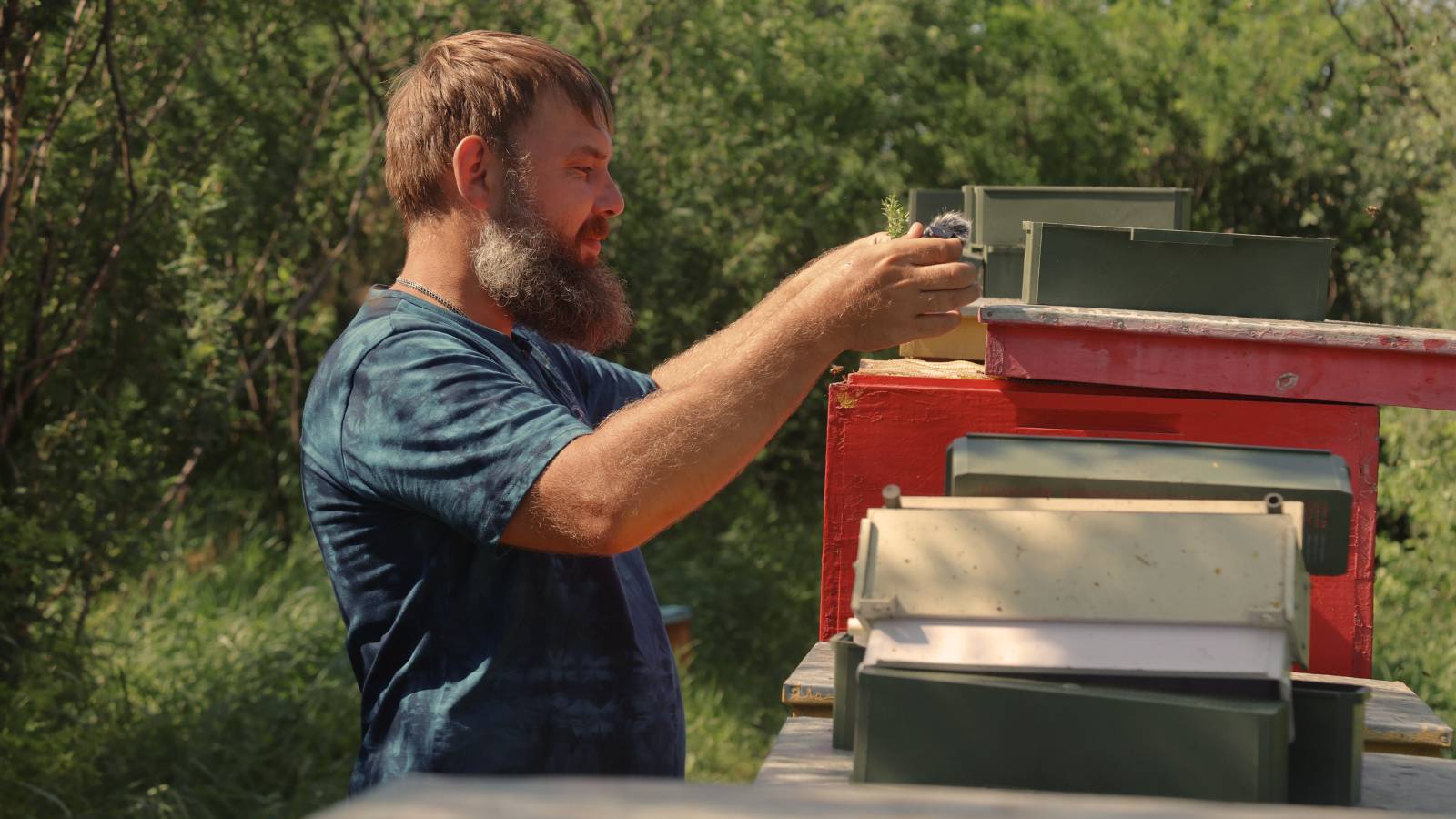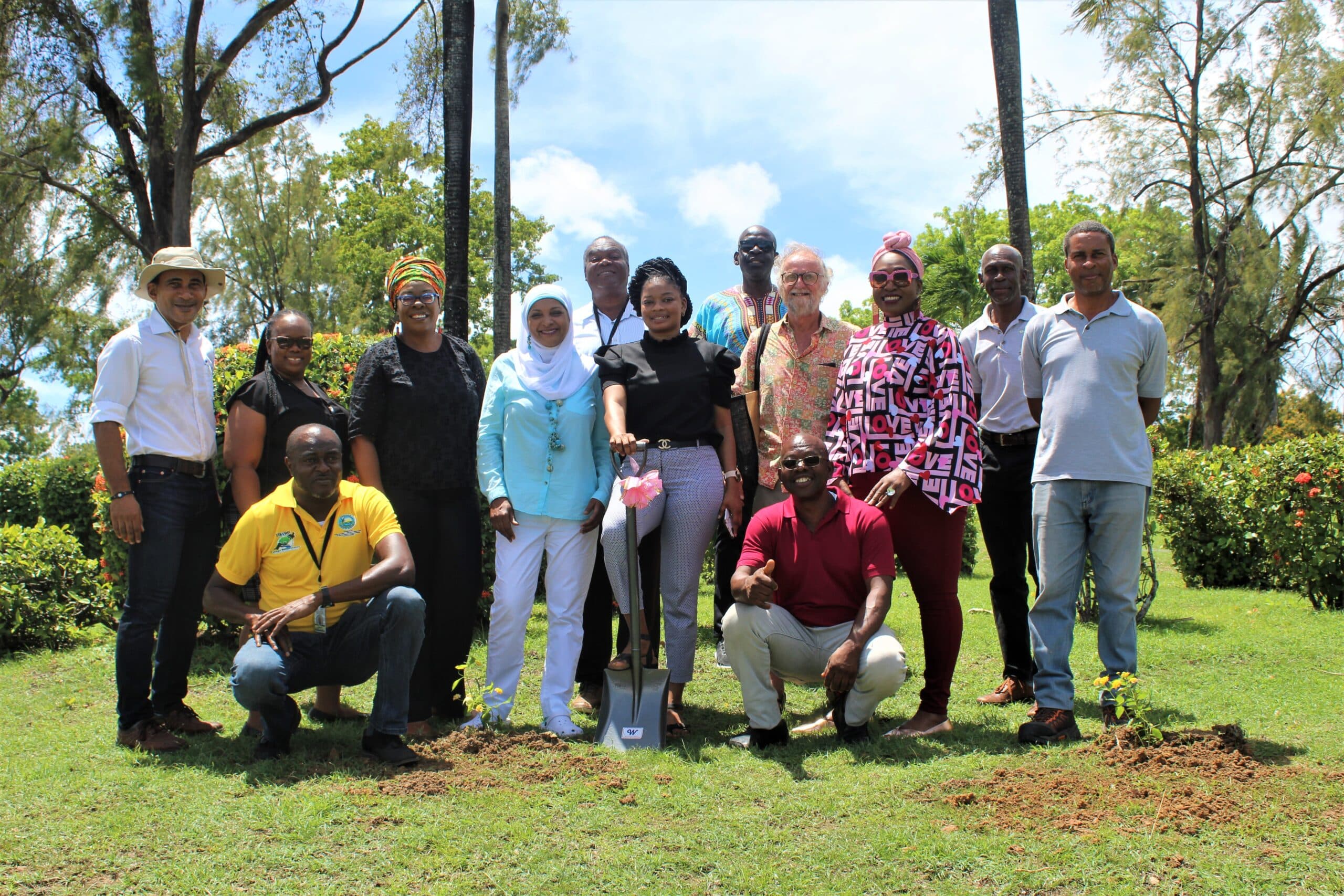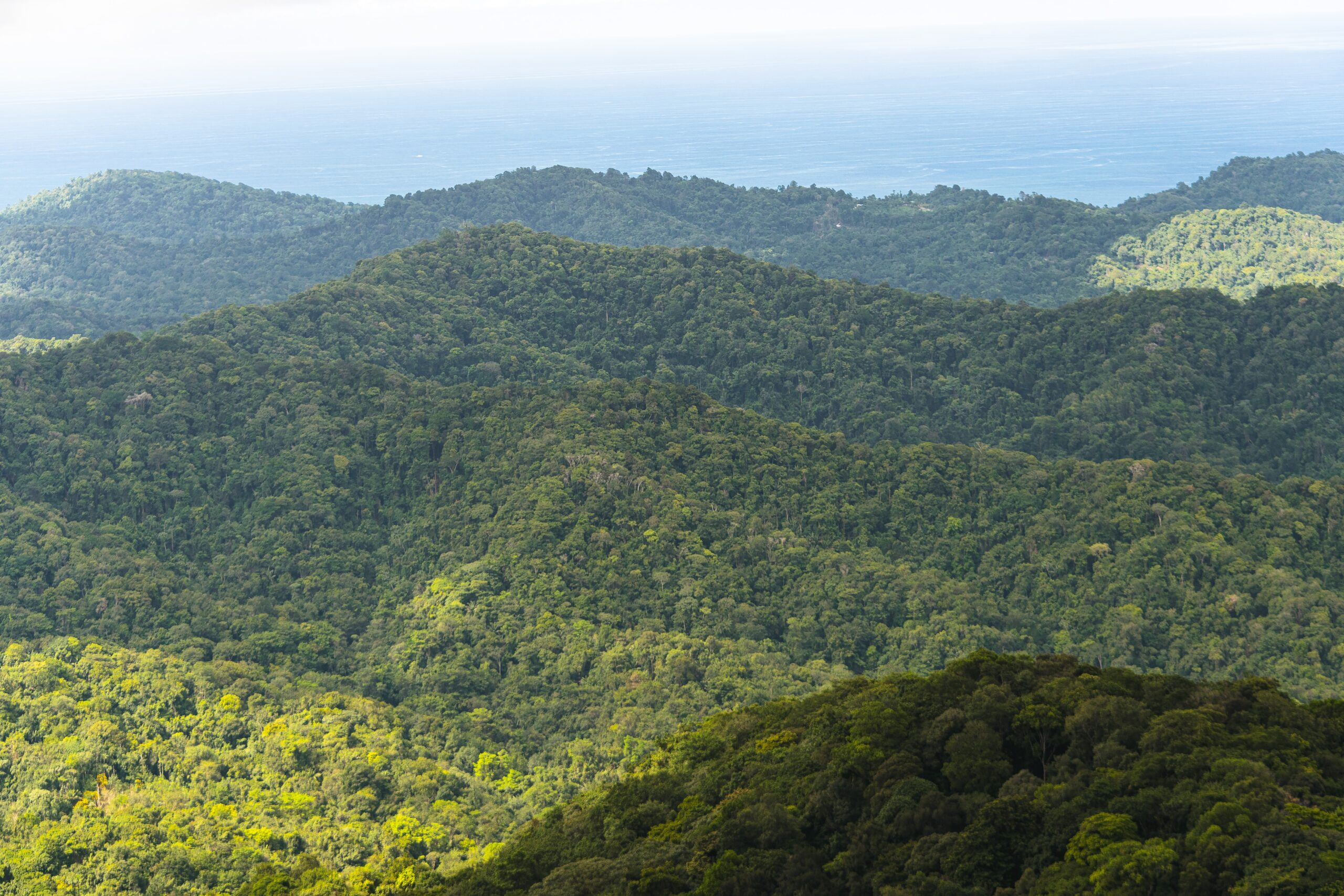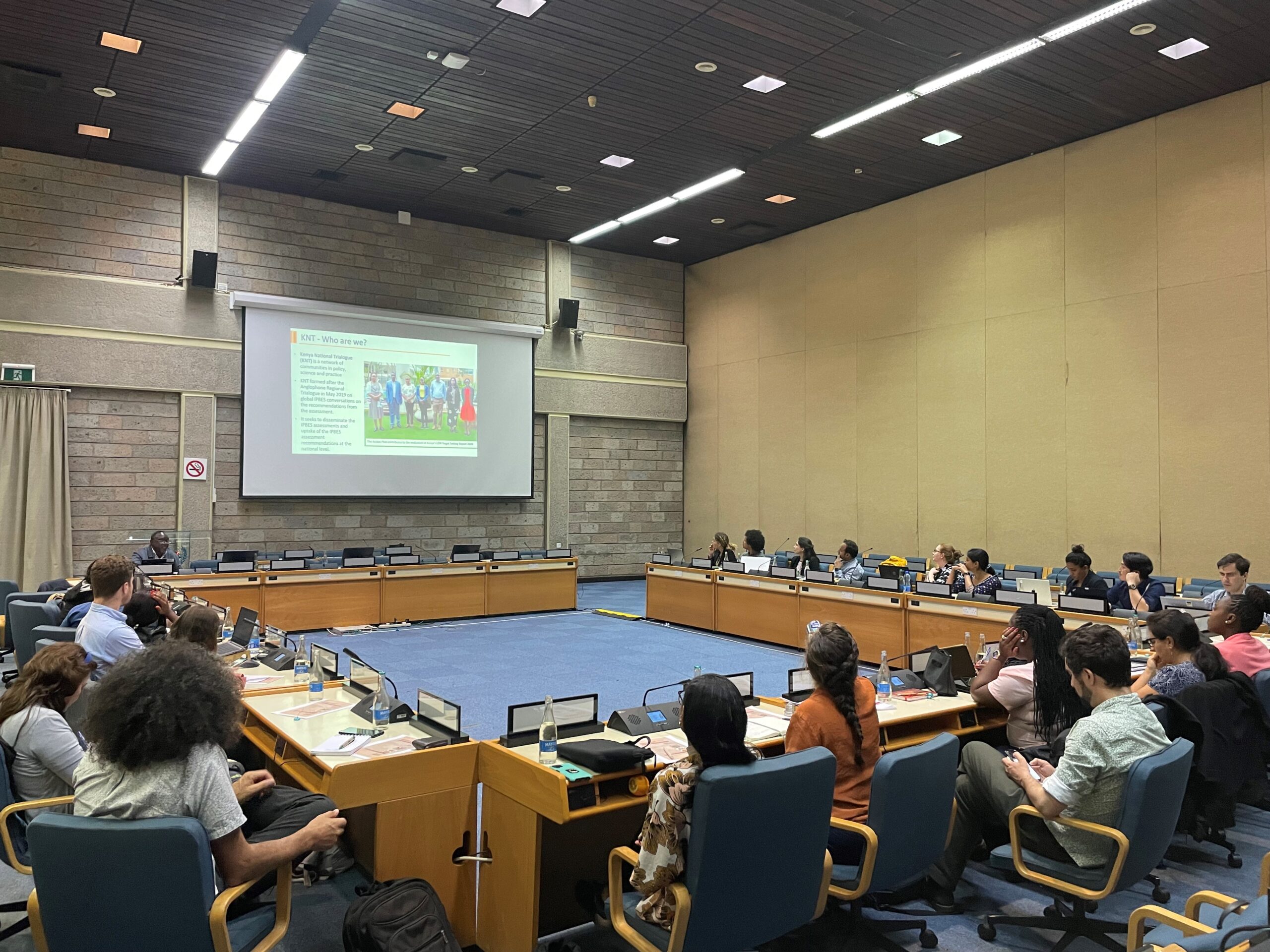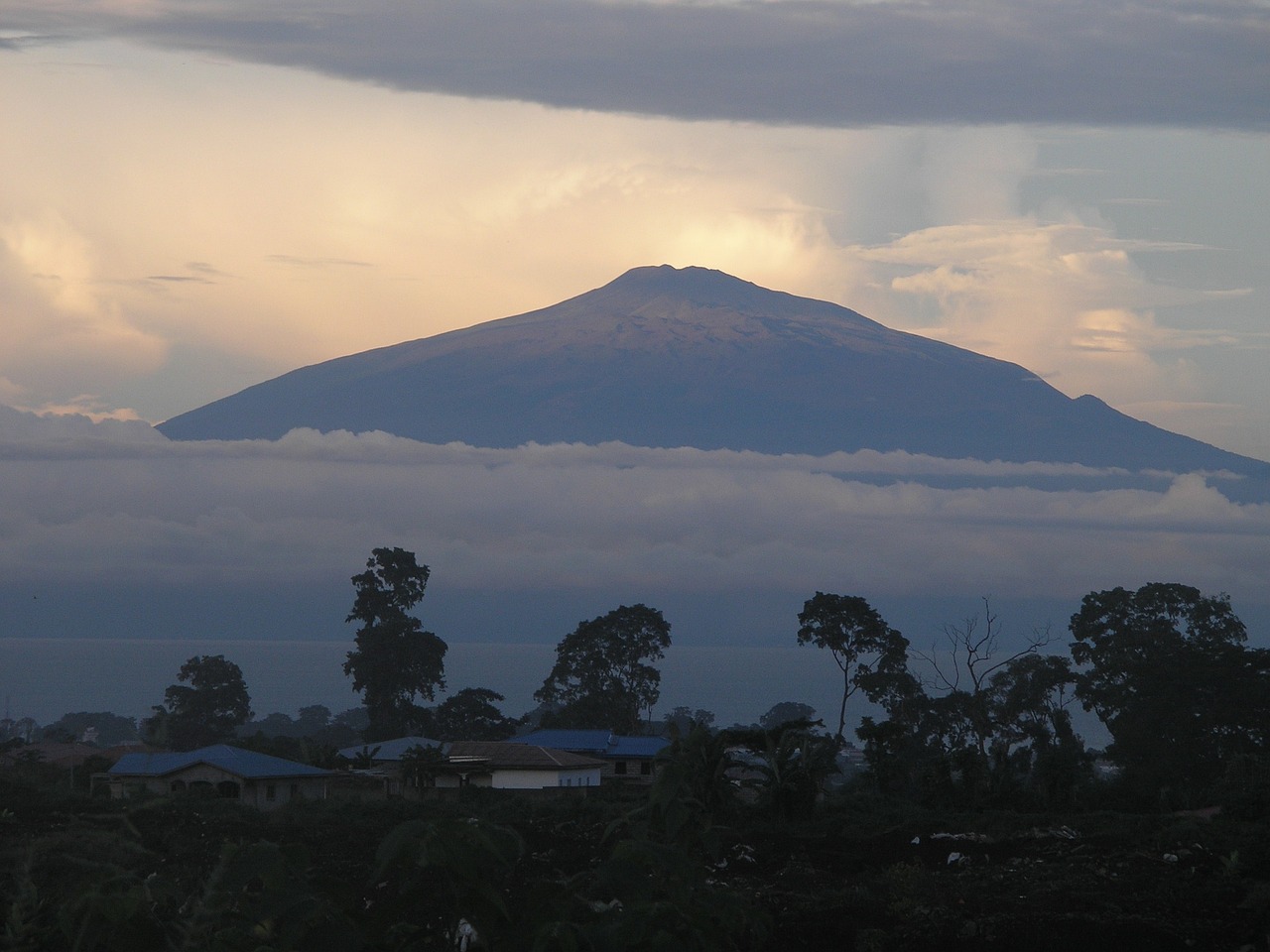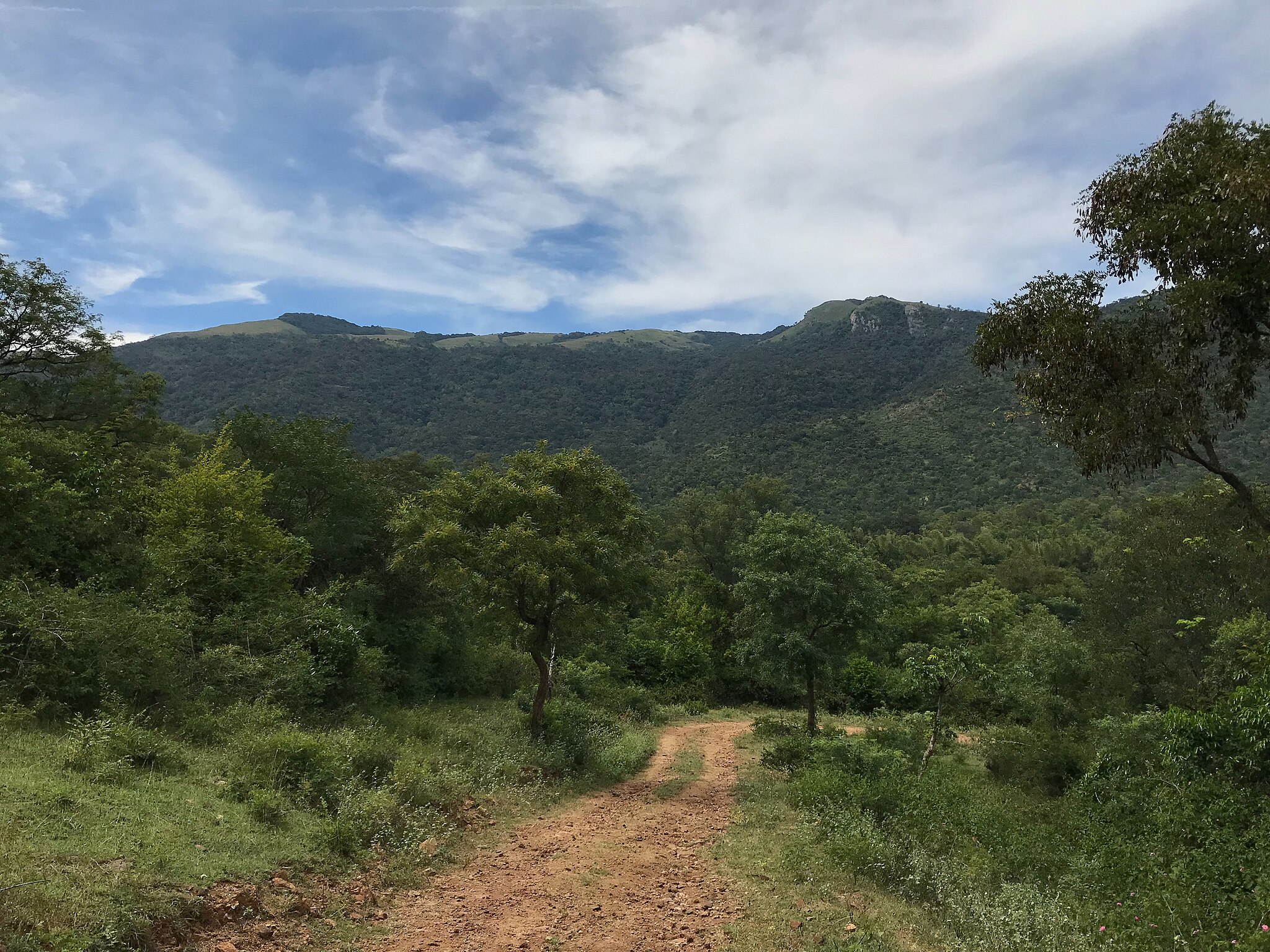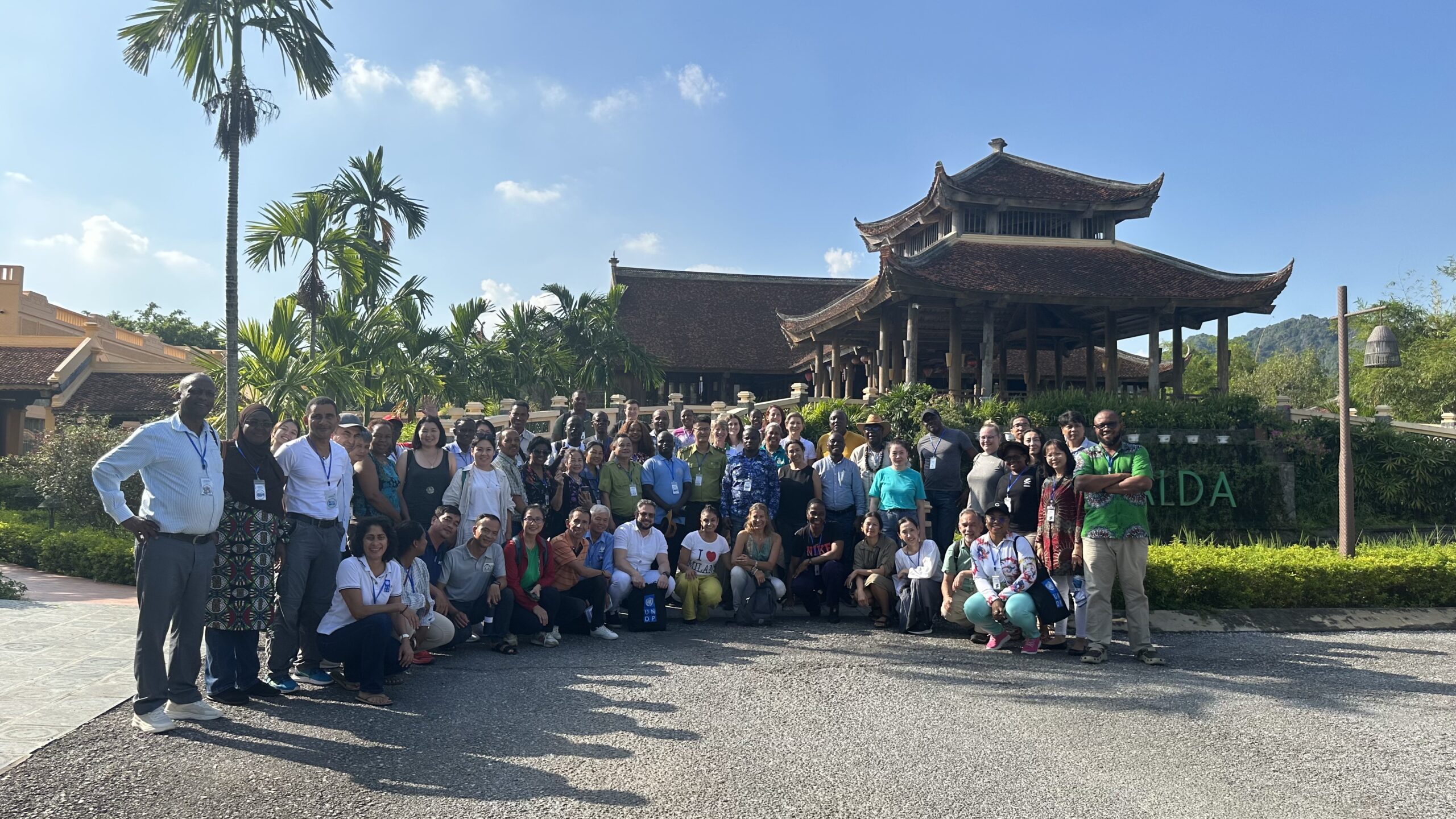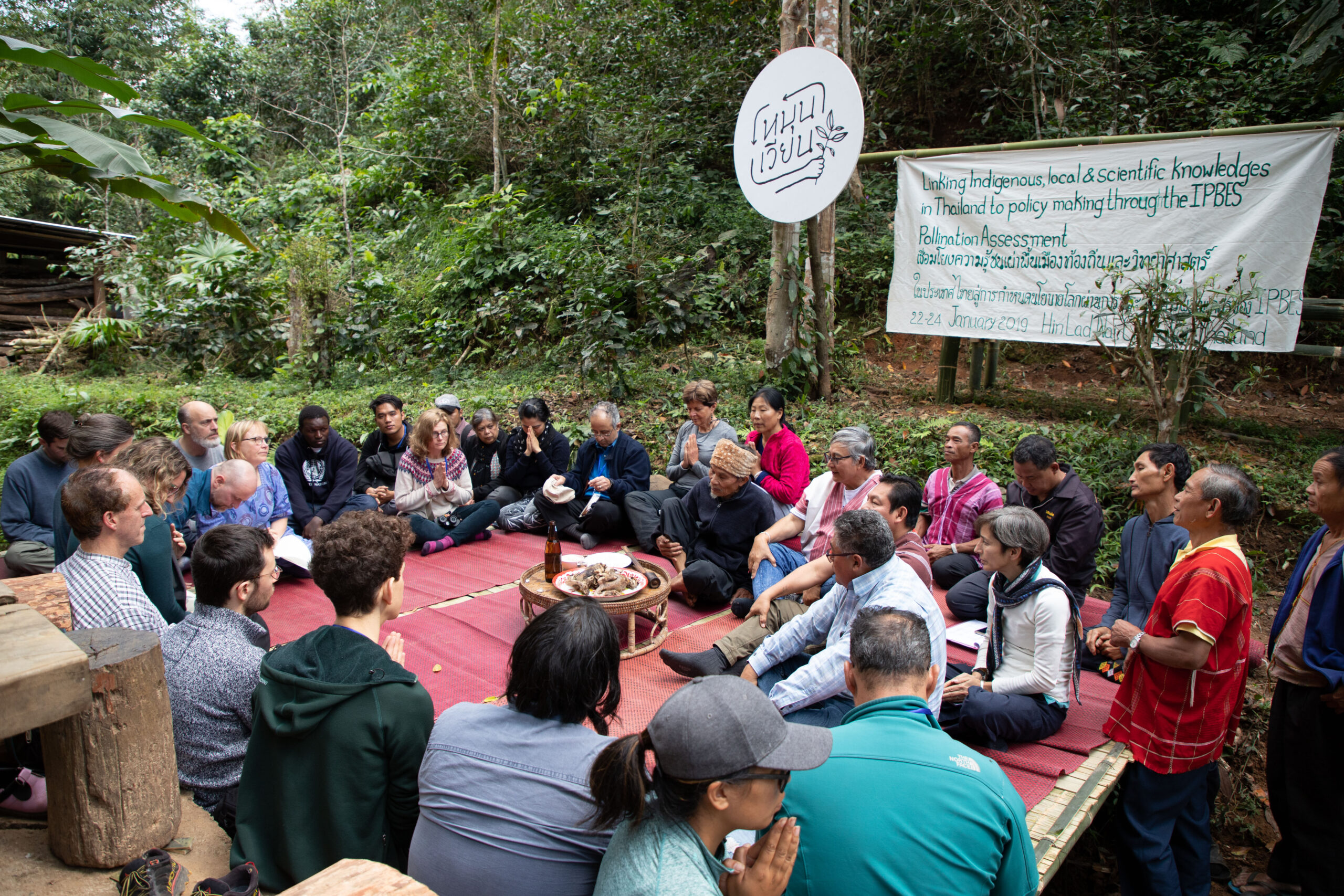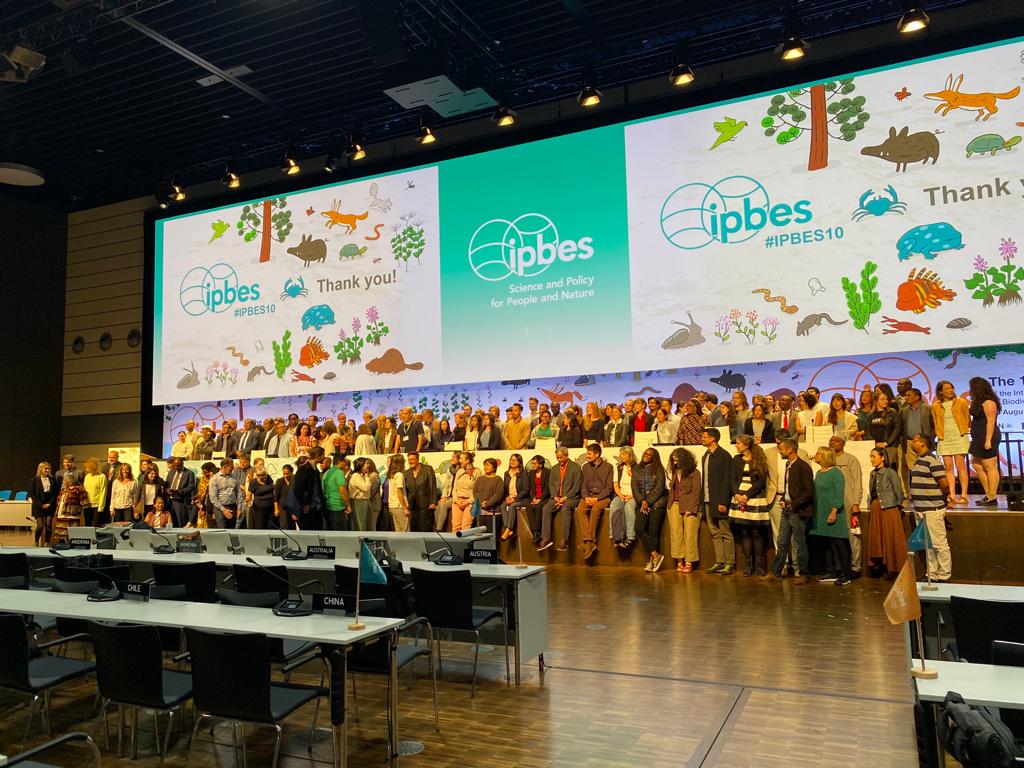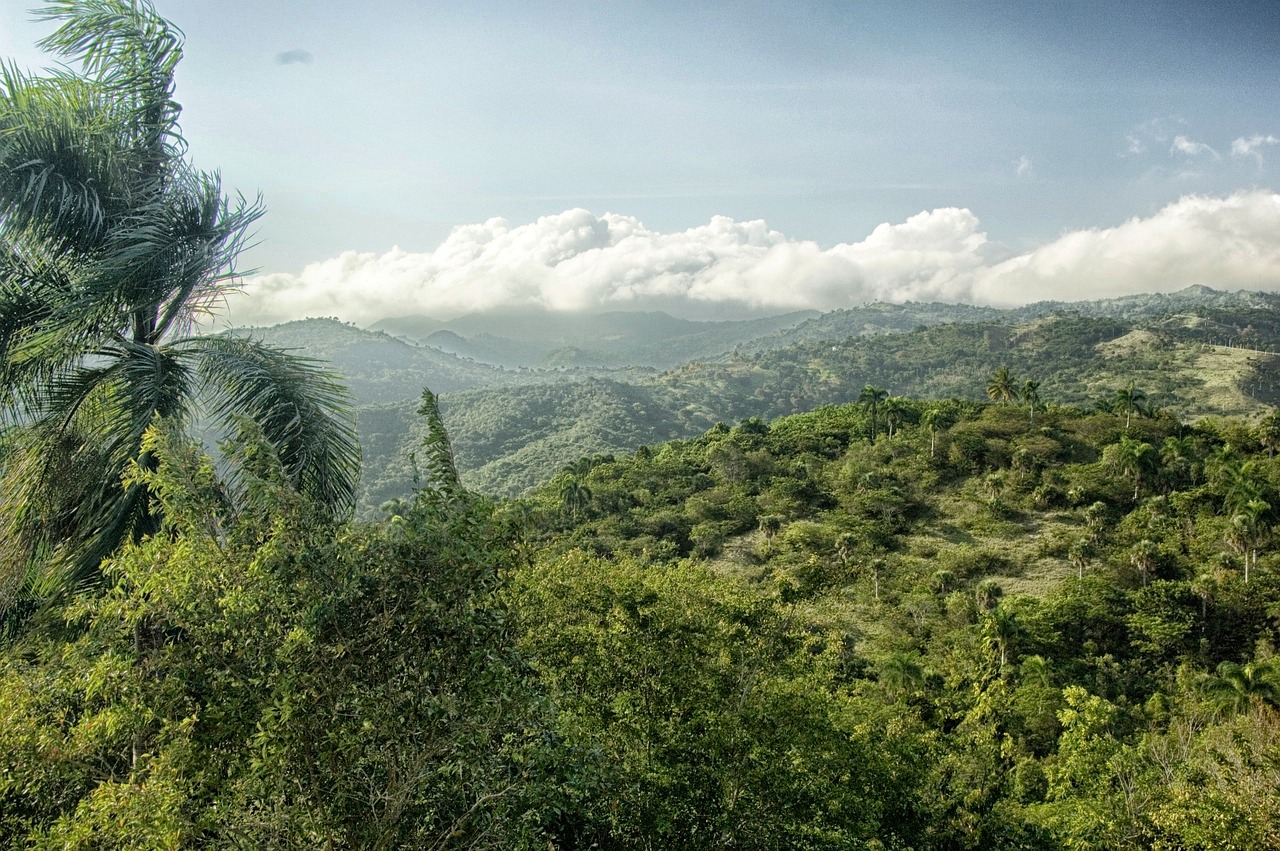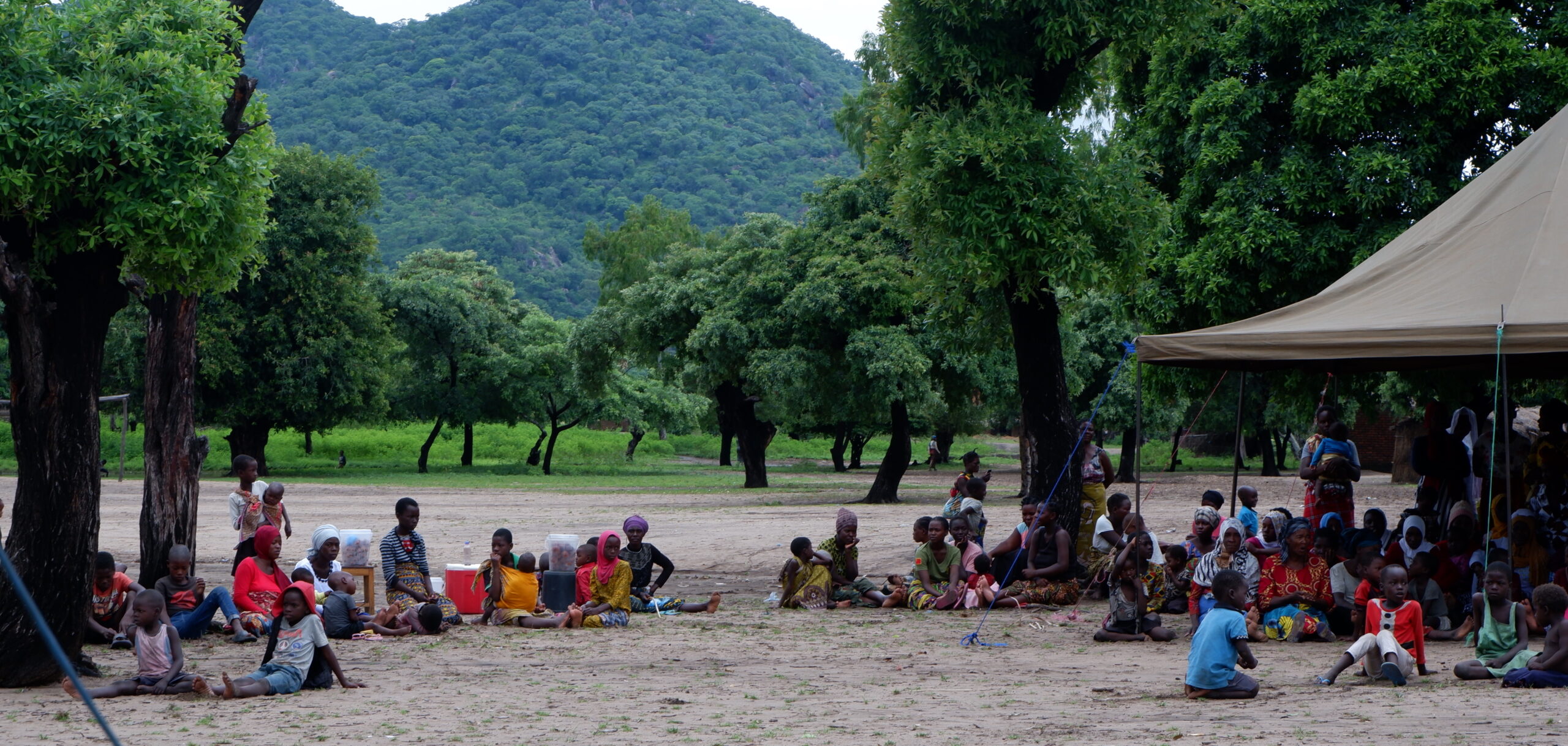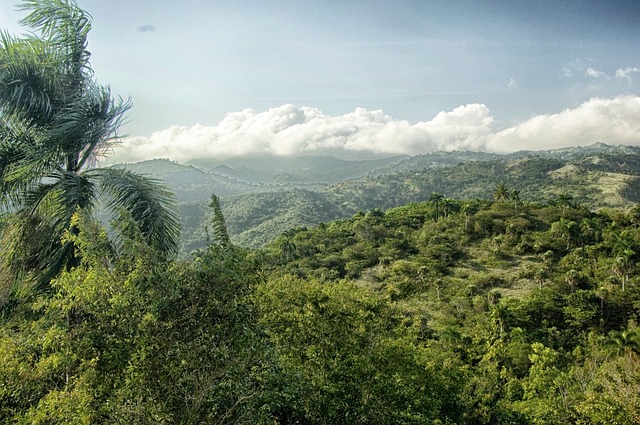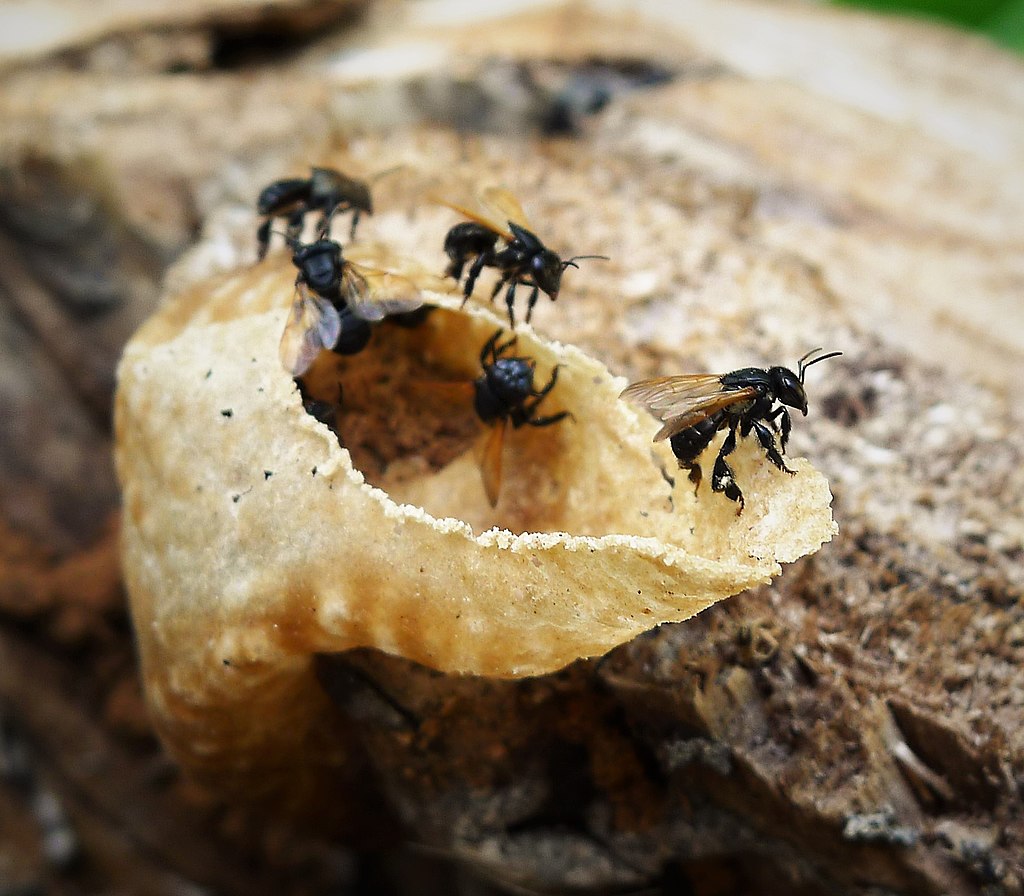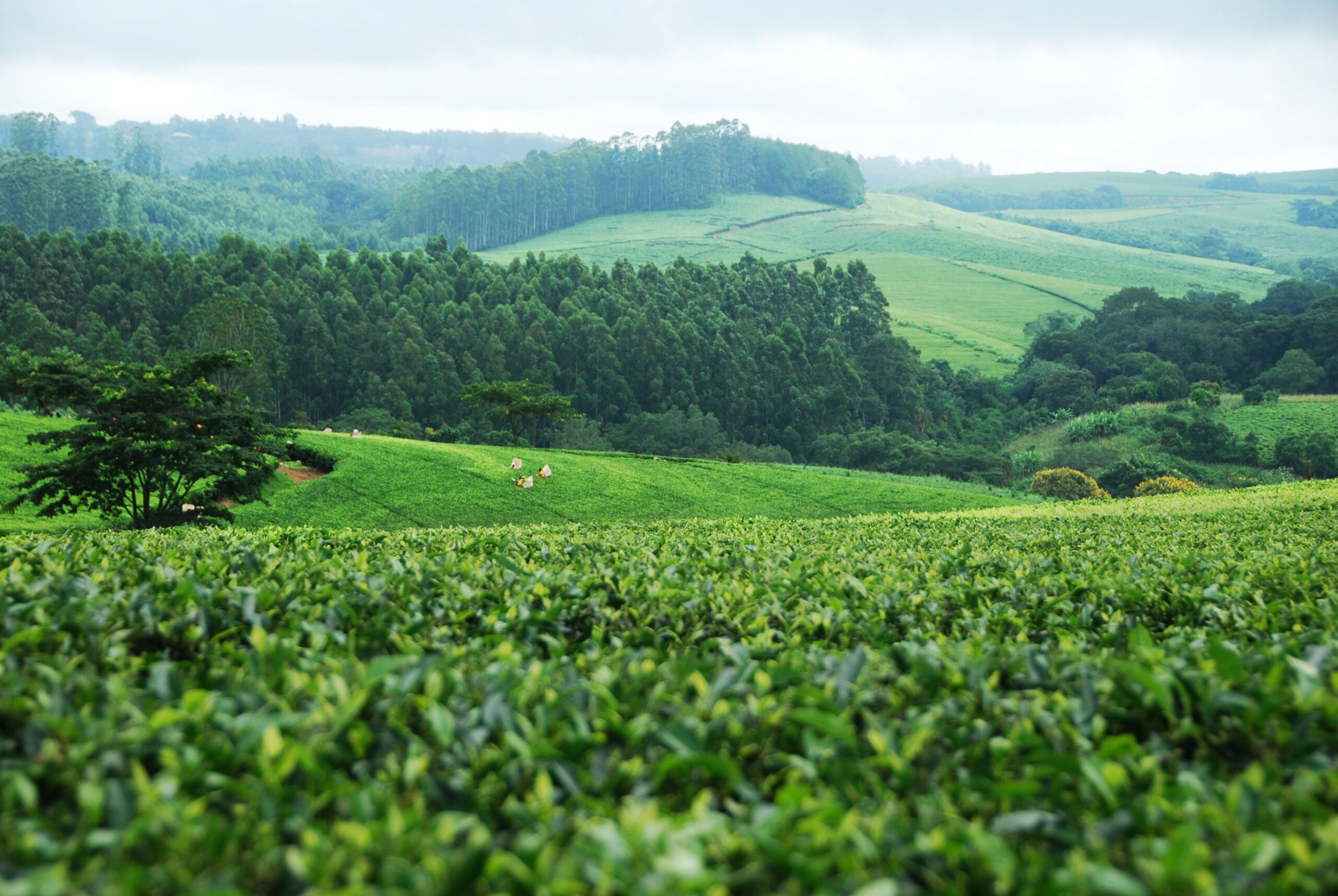ETHIOPIA'S
GENE BANK:
SAFEGUARDING BIODIVERSITY AND FOSTERING AGRICULTURAL RESILIENCE
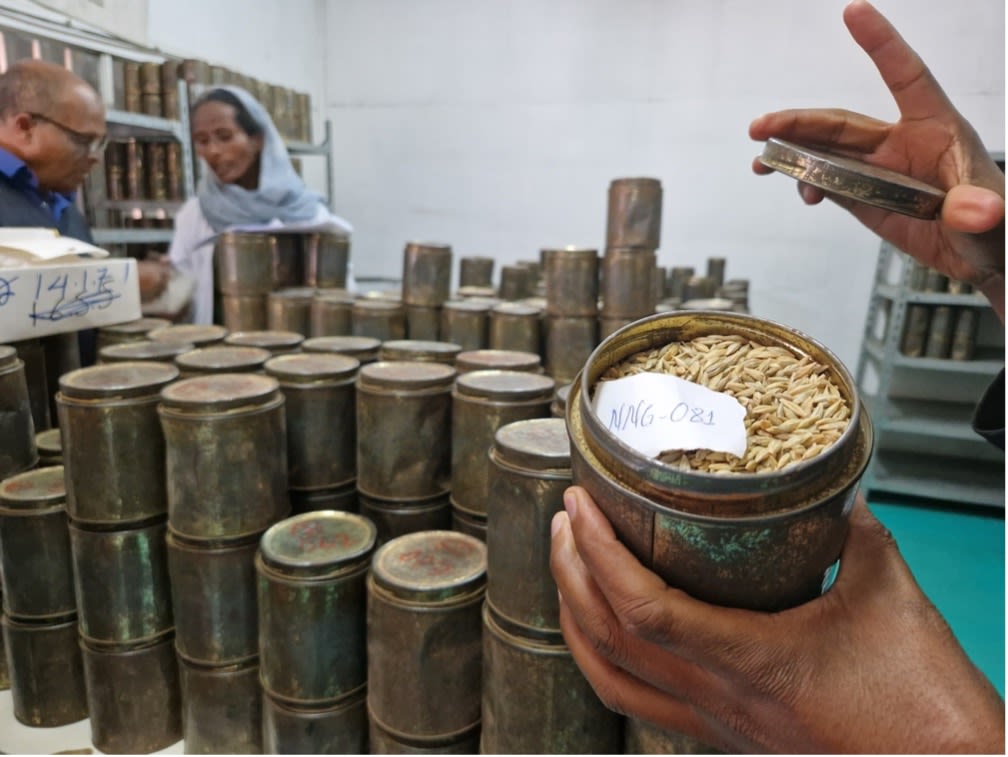
Ethiopia is a land of astonishing biodiversity, where ecosystems range from the lowlands of the Rift Valley to the lush highlands of the Ethiopian Plateau. Known as one of the world's biodiversity hotspots, it is a centre of origin for many plant species, making it a crucial repository of genetic diversity. This rich array of biodiversity is carefully preserved and celebrated at Ethiopia's National Gene Bank, managed by the Ethiopian Biodiversity Institute (EBI). Established in 1976, the gene bank is the largest and oldest of its kind in Africa, playing a key role in conserving genetic resources that are vital for agriculture and food security.

The primary mission of Ethiopia's gene bank is to collect, store and catalogue genetic resources, ensuring their continued availability for future use. It houses over 90,000 plant genetic resource accessions. Dr. Melesse Maryo, Convention on Biological Diversity (CBD) National Focal Point and Director General of EBI, proudly shares, "We have a large collection of biological diversity. With more than 90,000 accessions, this is the largest in Africa. Almost one-third of the collections of accessions are here at EBI."
The gene bank preserves a wide variety of genetic resources, including endemic grain seeds and other plant species. This preservation process is vital for agriculture, which ensures that genetic diversity is maintained over the years, allowing for the development of crops resilient to pests, diseases and climate change. The bank also conserves microbes and microorganisms, which have various applications, as Dr. Melesse explains: "Our efforts also extend to conserving microbes and microorganisms, including nearly 1,300 different species with various applications, such as biofertilizers and edibles."
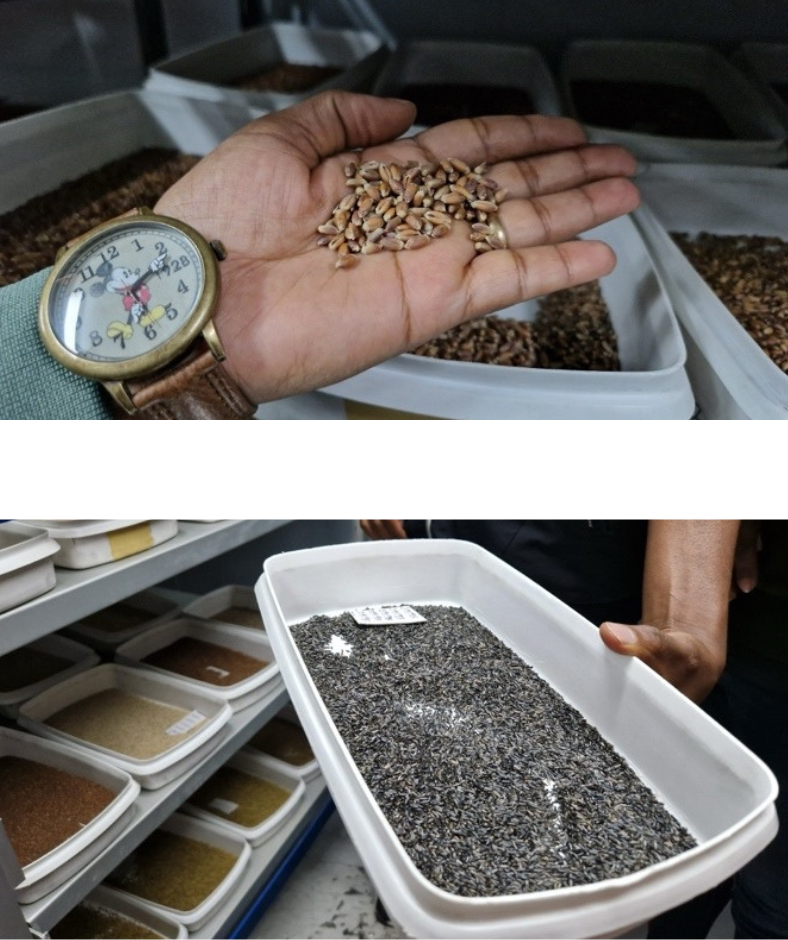
The primary mission of Ethiopia's gene bank is to collect, store and catalogue genetic resources, ensuring their continued availability for future use. It houses over 90,000 plant genetic resource accessions. Dr. Melesse Maryo, Convention on Biological Diversity (CBD) National Focal Point and Director General of EBI, proudly shares, "We have a large collection of biological diversity. With more than 90,000 accessions, this is the largest in Africa. Almost one-third of the collections of accessions are here at EBI."
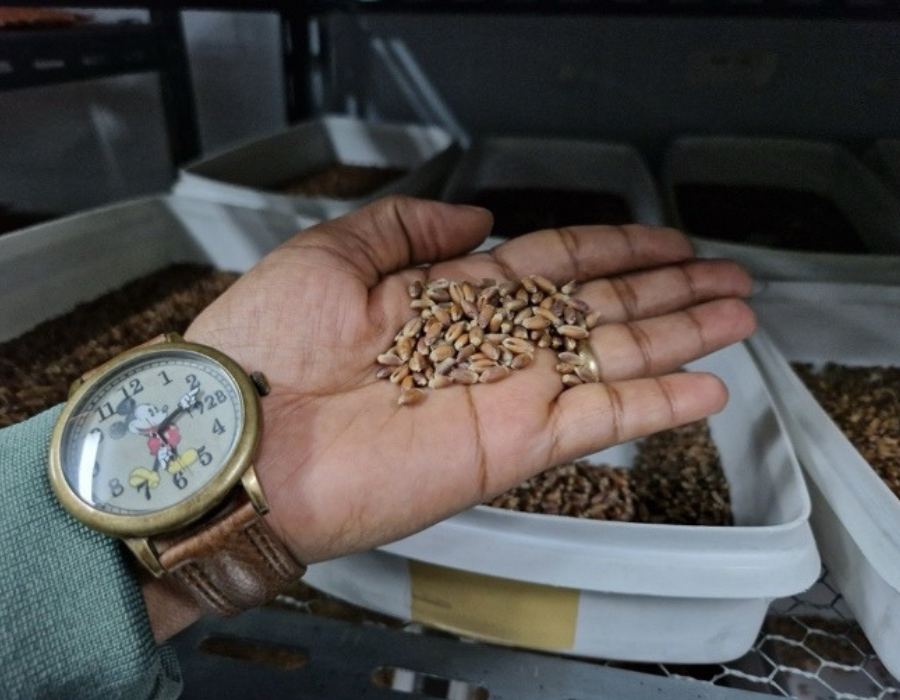
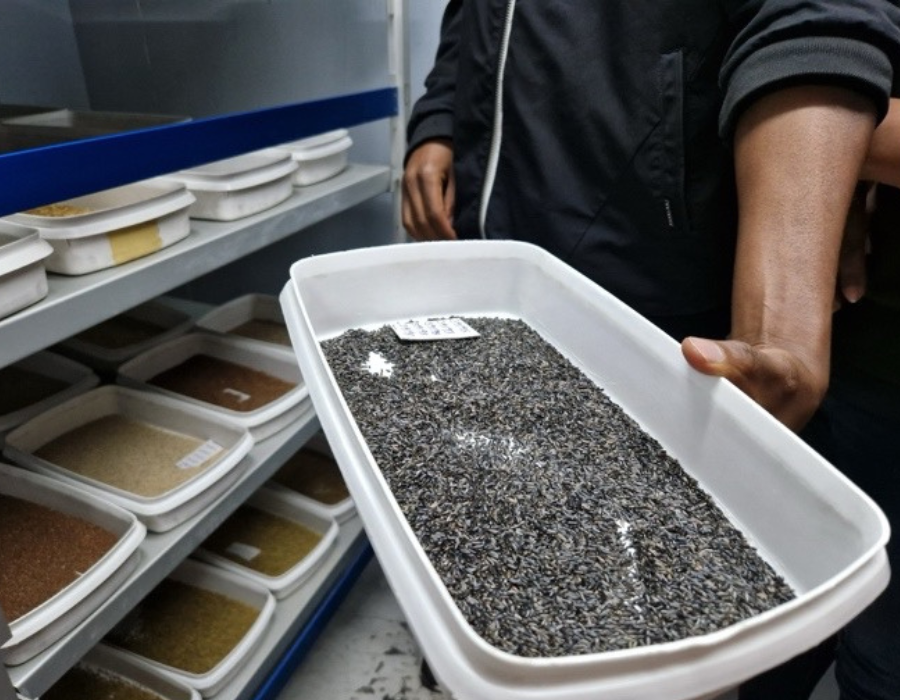
The gene bank preserves a wide variety of genetic resources, including endemic grain seeds and other plant species. This preservation process is vital for agriculture, which ensures that genetic diversity is maintained over the years, allowing for the development of crops resilient to pests, diseases and climate change. The bank also conserves microbes and microorganisms, which have various applications, as Dr. Melesse explains: "Our efforts also extend to conserving microbes and microorganisms, including nearly 1,300 different species with various applications, such as biofertilizers and edibles."
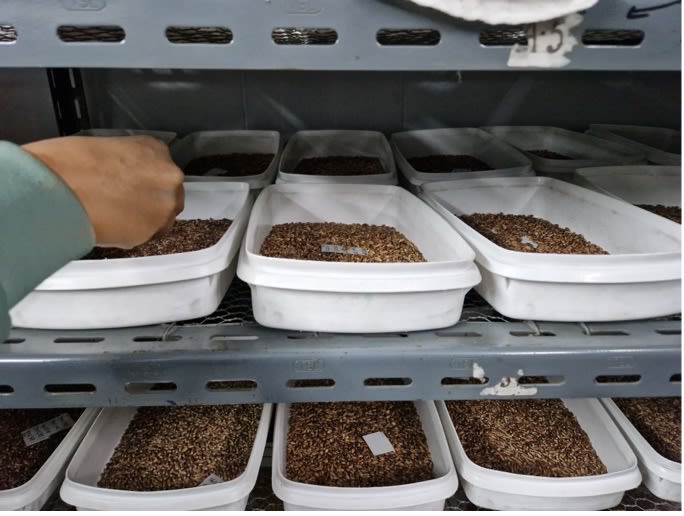
"Over 30 different community seed banks are working together with us to ensure continuous circulation and a large collection of seeds. They provide support to those in need in times of disaster."
Beyond conservation, the gene bank significantly impacts Ethiopian communities by partnering with community seed banks strategically located throughout the country. These seed banks ensure the continuous circulation and availability of seeds in times of crisis and national emergency. Dr. Melesse details why this initiative is integral for local agricultural practices, preserving indigenous seeds and supporting farmers: "Over 30 different community seed banks are working together with us to ensure continuous circulation and a large collection of seeds. They provide support to those in need in times of disaster."
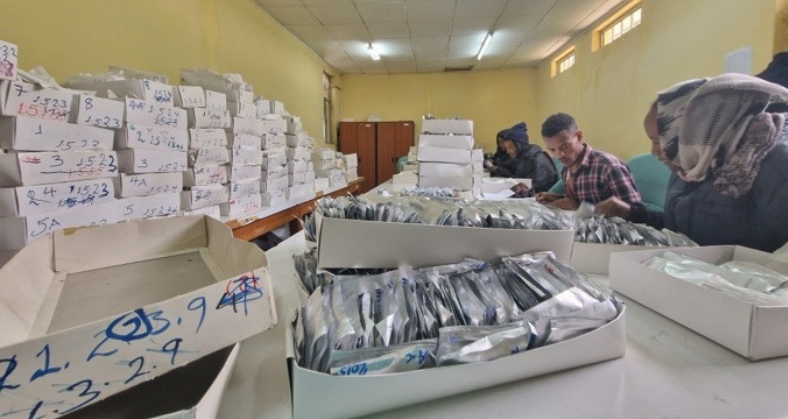
Beyond conservation, the gene bank significantly impacts Ethiopian communities by partnering with community seed banks strategically located throughout the country. These seed banks ensure the continuous circulation and availability of seeds in times of crisis and national emergency. Dr. Melesse details why this initiative is integral for local agricultural practices, preserving indigenous seeds and supporting farmers: "Over 30 different community seed banks are working together with us to ensure continuous circulation and a large collection of seeds. They provide support to those in need in times of disaster."

"Over 30 different community seed banks are working together with us to ensure continuous circulation and a large collection of seeds. They provide support to those in need in times of disaster."
These community seed banks emerged in response to the severe droughts of the 1980s, which devastated many farmers' seed supplies. EBI distributed seeds to the affected communities, leading to the establishment of these seed banks to prevent future shortages. "These seed banks preserve indigenous seeds and, in some cases, do not use chemical fertilizers. They are accustomed to and have adapted to their local weather conditions. The local people prefer these seeds and highly value natural diversity," Dr. Melesse adds. Expanding on the importance of these efforts, Mr. Hailu Araya, an advocate for agroecological practices from the Ethiopian civil society, highlights the collaborative spirit behind the initiative: "The most extensive seed collection in Africa is housed at EBI. That belongs to all of us, not only to the organization. That belongs to our farmers. EBI distributes local seeds to local people to multiply and use. This is one component that gives us a reason why we are working together. Their seeds are our seeds. Whenever we want, we will connect with farmers. Our farmers are very good at conserving local seeds, which requires intentional care."
"Their seeds are our seeds. Our farmers are very good at conserving local seeds, which requires intentional care."
The gene bank's success is evident through its multiple positive impacts on Ethiopian biodiversity and communities, including academics and researchers, as Dr. Bishaw Baye, ethnobotanist and researcher in the EBI Crop and Horticulture Directorate, explains: "Many crops are being stored in our gene bank, particularly native seeds. Many researchers, research institutions, universities and other stakeholders obtain germplasm from our institution for further research and experiments." This accessibility is crucial for scientific research and agricultural development.
Image captions
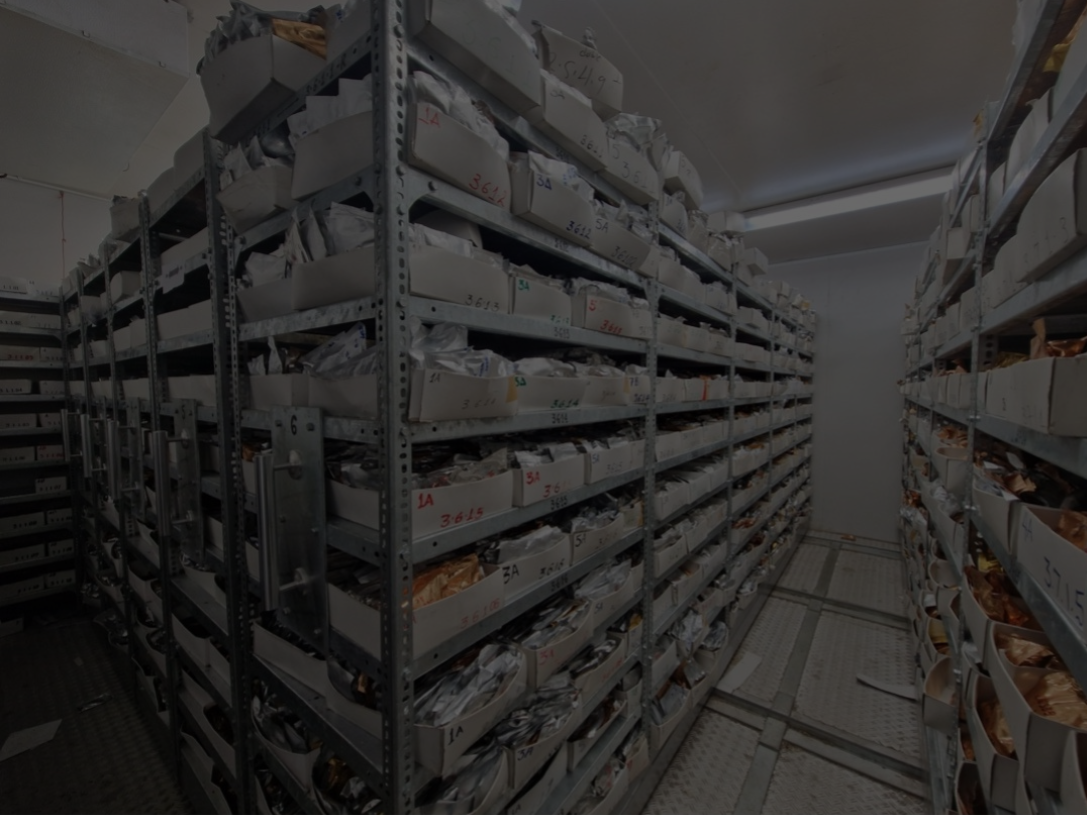
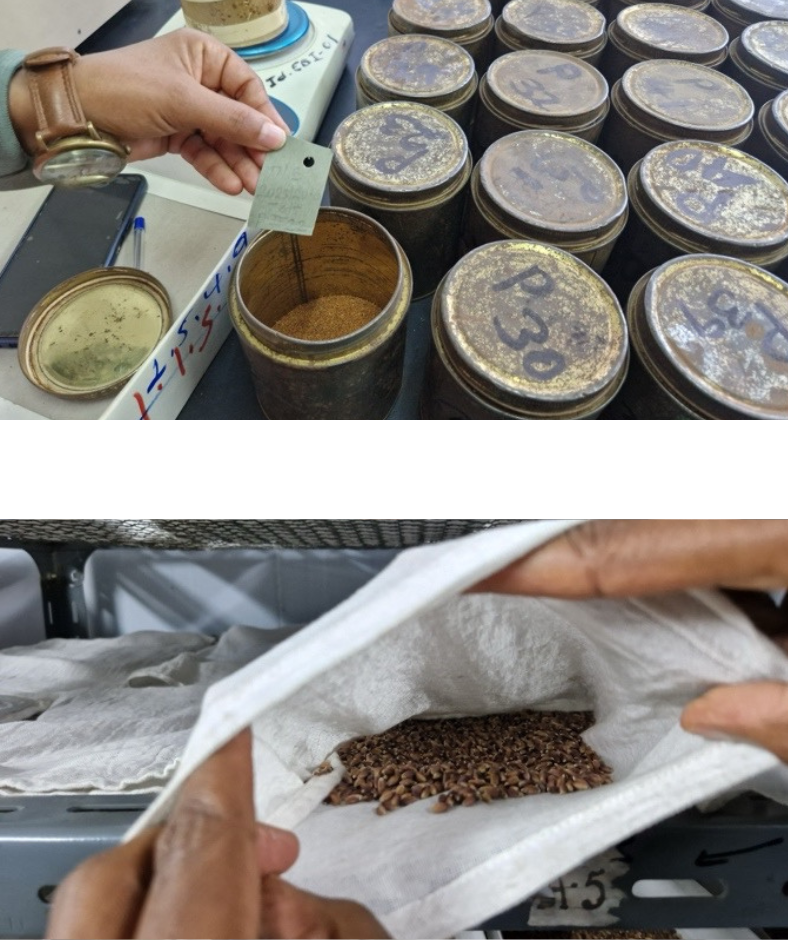
Moreover, the gene bank has established in situ conservation sites, including 27 different areas in forests, three botanical gardens and 22 forest gene banks. These sites work in collaboration with local communities to conserve and sustain local breeds and plant varieties. Dr. Melesse highlights, "We are working with local people. They are the owners of the in-situ sites for local breeds and they work together with us to conserve and sustain them for future generations."
"These seed banks preserve indigenous seeds and, in some cases, do not use chemical fertilizers. They are accustomed to and have adapted to their local weather conditions. The local people prefer these seeds and highly value natural diversity."
The gene bank is a cornerstone of Ethiopia's National Biodiversity Strategy and Action Plan. Dr. Melesse underscores this: "We spearheaded 58% of the activities for the biodiversity targets in our National Biodiversity Strategy and Action Plan. One of the most successful activities in this sense is our gene bank."
The gene bank's contributions to national strategies are not limited to plant conservation, however. It also plays a significant role in conserving animal genetic resources, providing genetic material, such as collected semen, to support the breeding of unique and endangered local breeds. This holistic approach ensures the continuation of Ethiopia's rich biodiversity, maintaining the balance of its ecosystems and supporting sustainable agricultural practices.
Moreover, the gene bank has established in situ conservation sites, including 27 different areas in forests, three botanical gardens and 22 forest gene banks. These sites work in collaboration with local communities to conserve and sustain local breeds and plant varieties. Dr. Melesse highlights, "We are working with local people. They are the owners of the in-situ sites for local breeds and they work together with us to conserve and sustain them for future generations."
"These seed banks preserve indigenous seeds and, in some cases, do not use chemical fertilizers. They are accustomed to and have adapted to their local weather conditions. The local people prefer these seeds and highly value natural diversity."
The gene bank is a cornerstone of Ethiopia's National Biodiversity Strategy and Action Plan. Dr. Melesse underscores this: "We spearheaded 58% of the activities for the biodiversity targets in our National Biodiversity Strategy and Action Plan. One of the most successful activities in this sense is our gene bank."
The gene bank's contributions to national strategies are not limited to plant conservation, however. It also plays a significant role in conserving animal genetic resources, providing genetic material, such as collected semen, to support the breeding of unique and endangered local breeds. This holistic approach ensures the continuation of Ethiopia's rich biodiversity, maintaining the balance of its ecosystems and supporting sustainable agricultural practices.
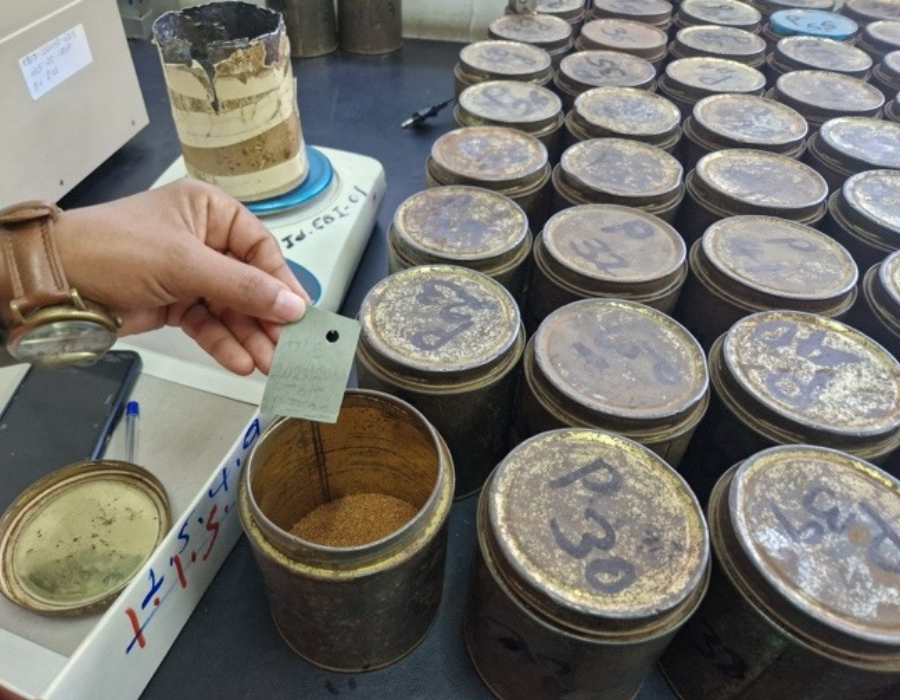
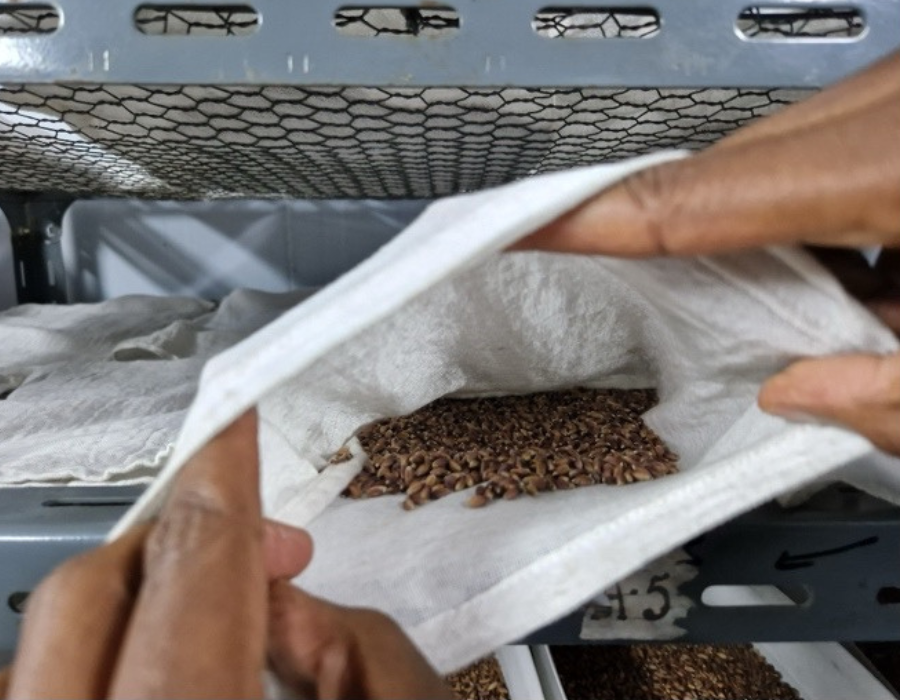
Ethiopia's gene bank is more than just a simple repository of genetic resources. It is a vital institution for safeguarding the nation's biodiversity and supporting its agricultural resilience. The conservation progress of EBI, which houses the gene bank, has been supported by the BES-Net project's catalytic fund known as the BES Solution Fund, funded by the German Federal Ministry for the Environment, Nature Conservation, Nuclear Safety and Consumer Protection through the International Climate Initiative. By operationalizing and strengthening national science-policy-practice platforms, the BES Solution Fund has facilitated EBI's role in implementing practical on-the-ground biodiversity solutions. This ensures that Ethiopia's rich genetic heritage is effectively conserved and utilized to support sustainable agricultural practices and biodiversity conservation.
"We are working with local people. They are the owners of the in-situ sites for local breeds and they work together with us to conserve and sustain them for future generations."
As Ethiopia continues to face environmental challenges, the gene bank serves as a model of resilience and effective biodiversity conservation. By fostering collaboration between scientists, farmers and communities, it ensures that the country's biodiversity is not only preserved but thrives. The work of the gene bank, supported by dedicated stakeholders and international partnerships, conveys a shared vision of resilience, conservation and community engagement, securing Ethiopia's natural heritage for generations to come.


